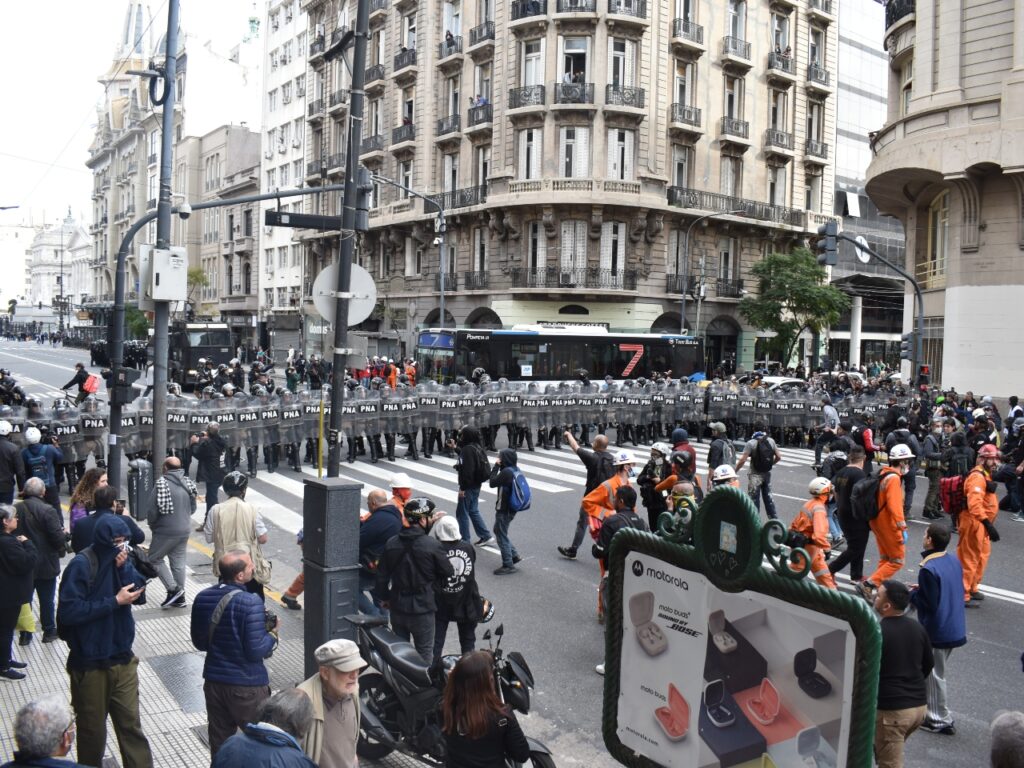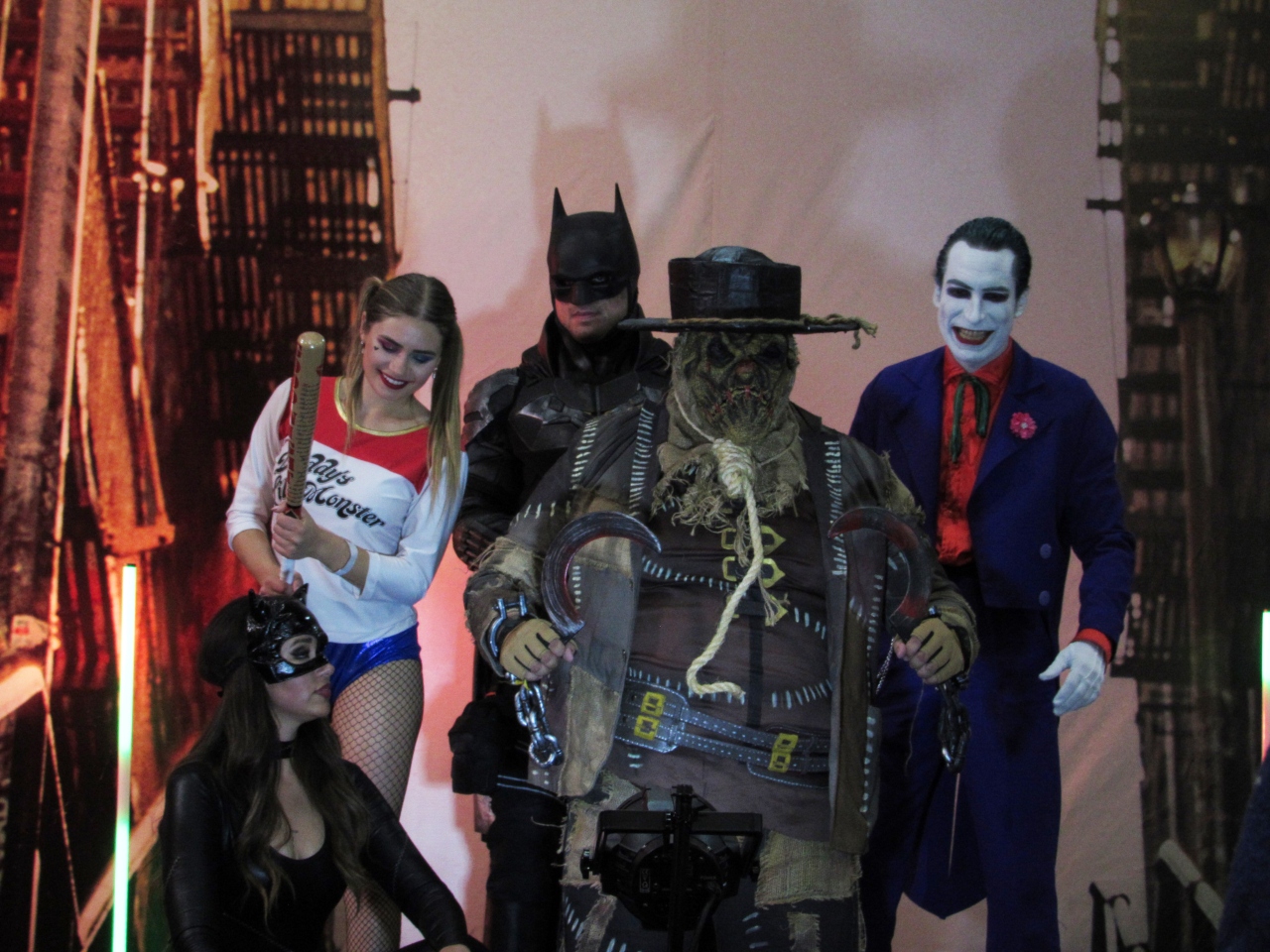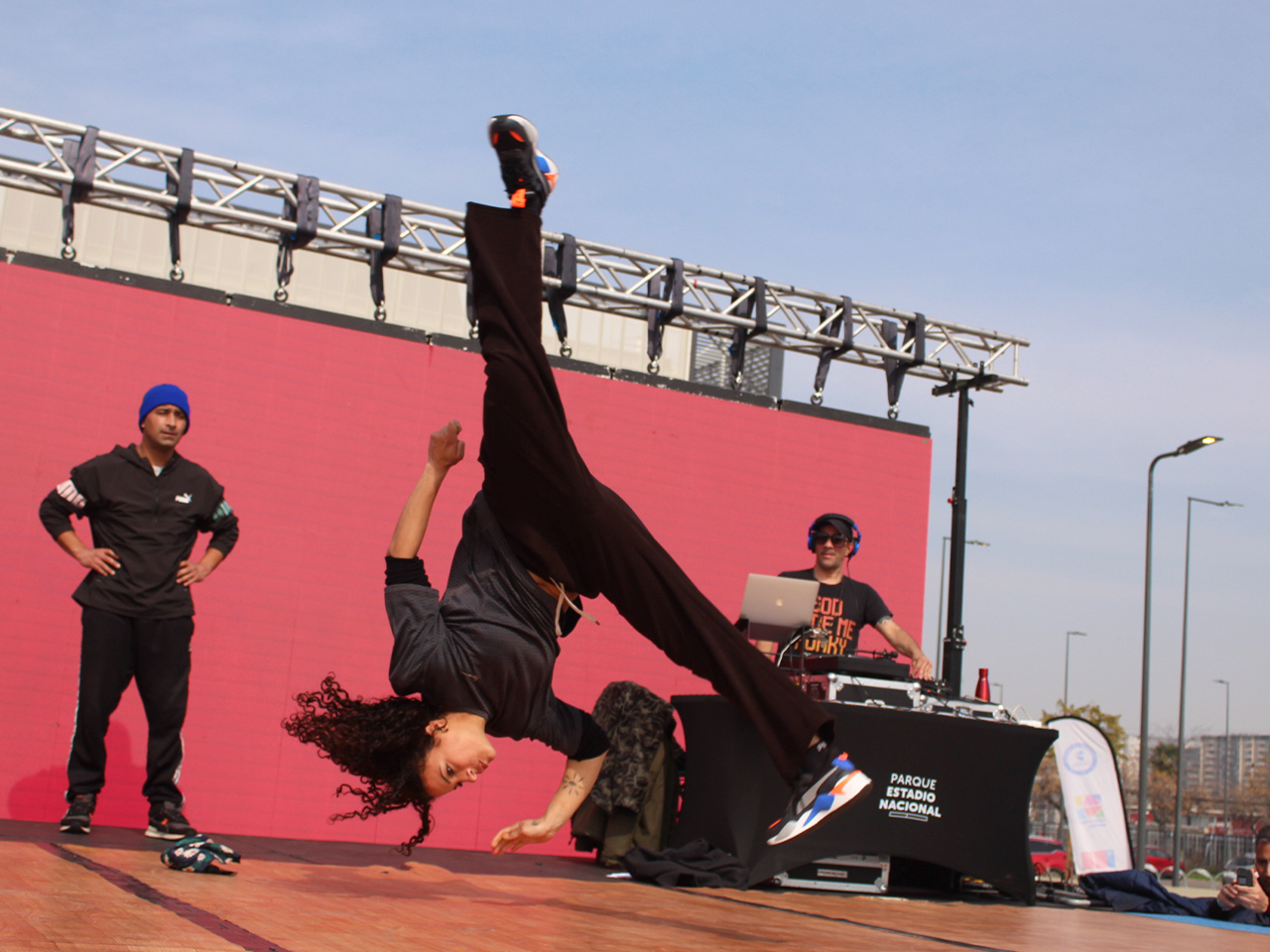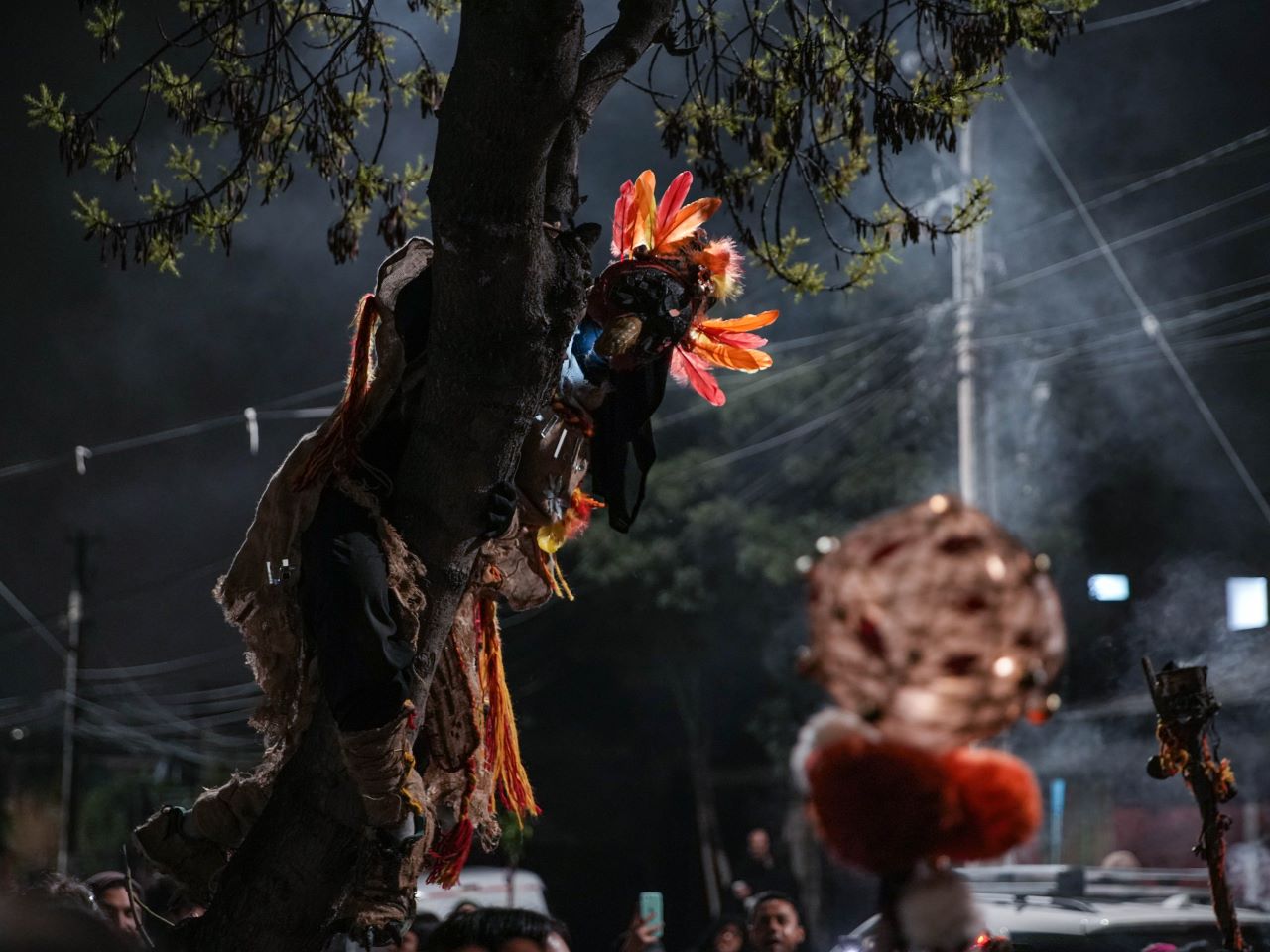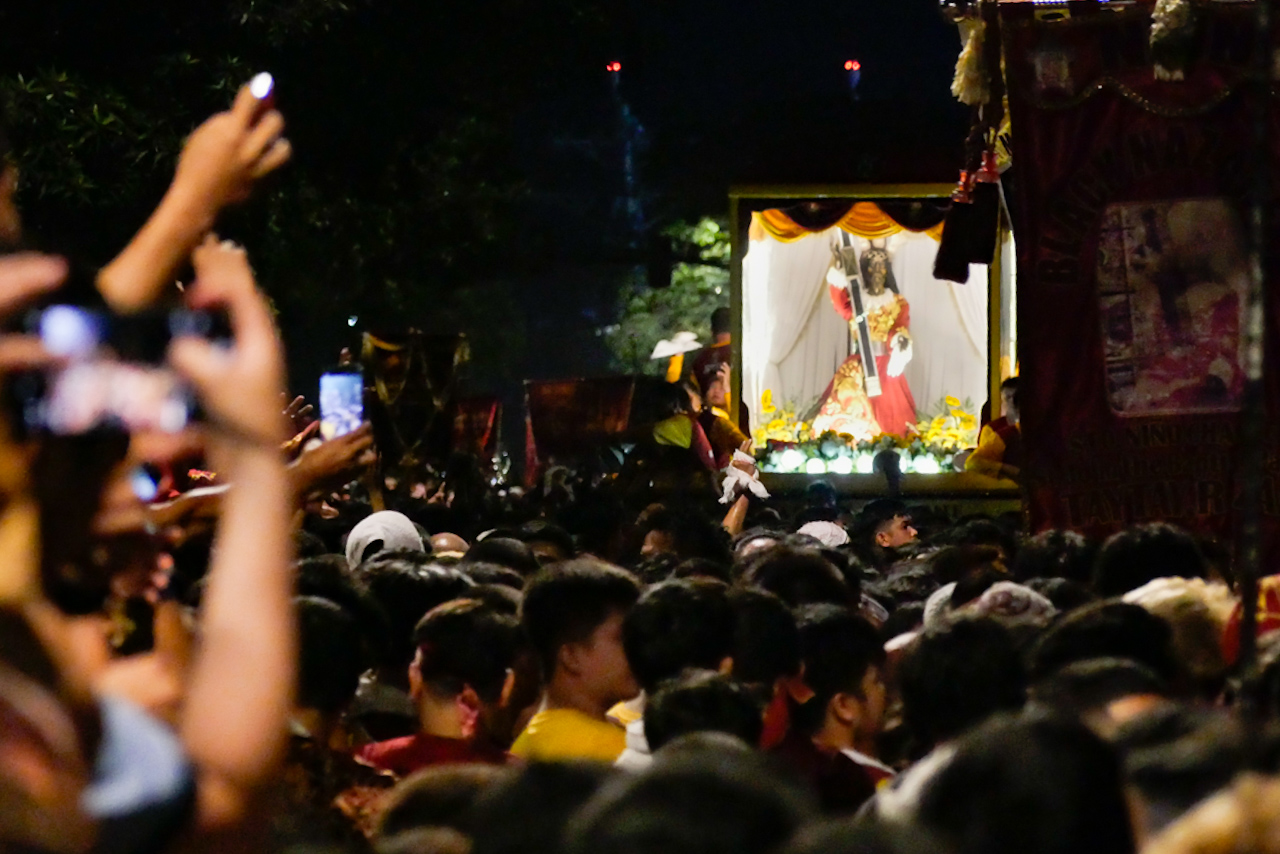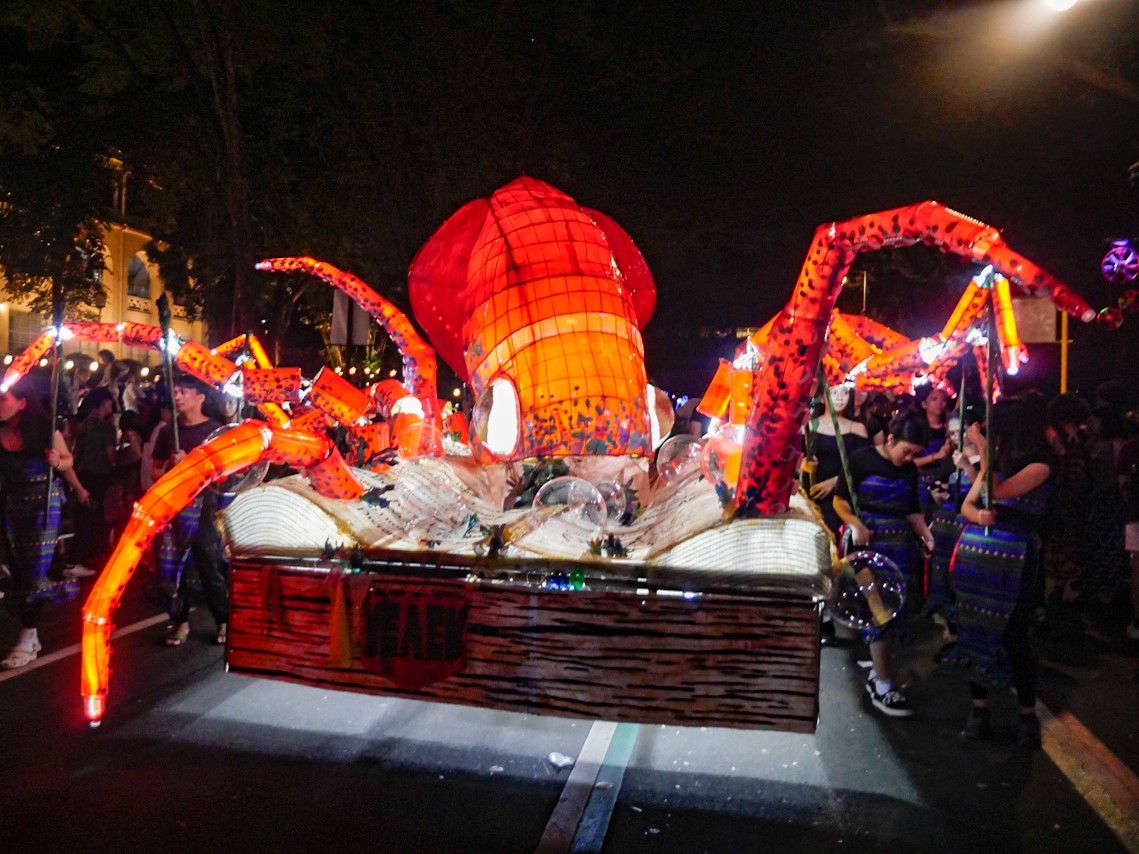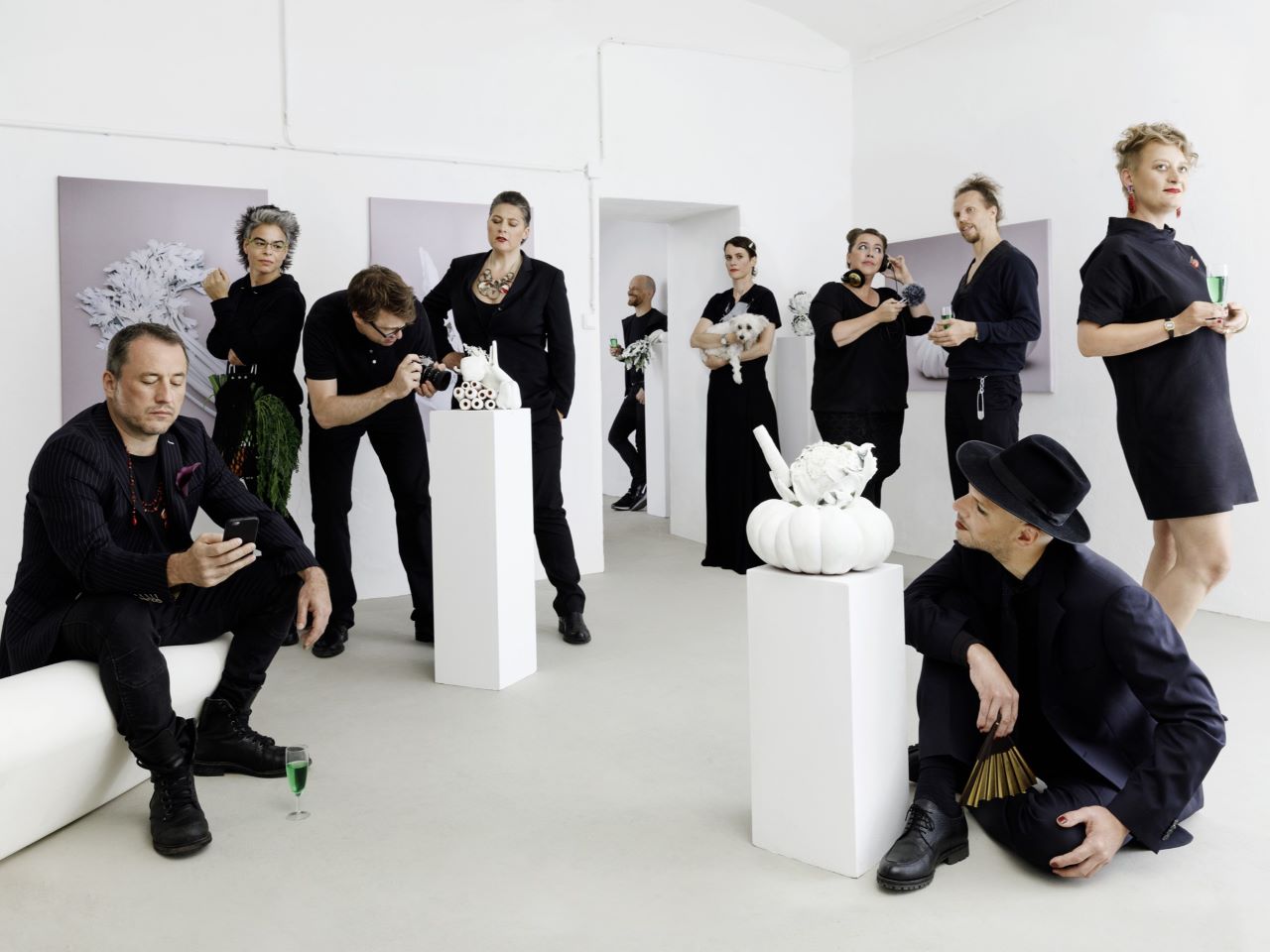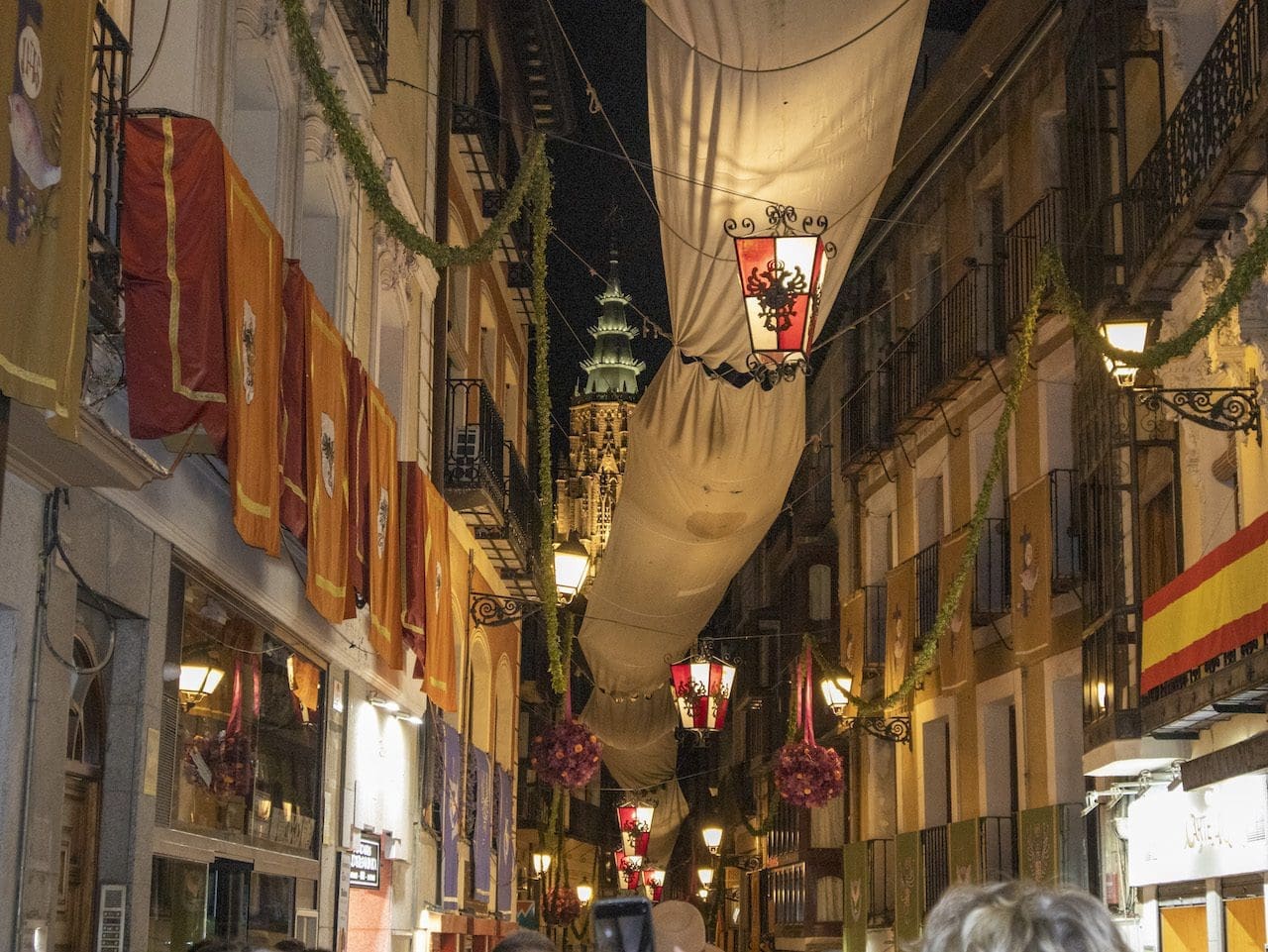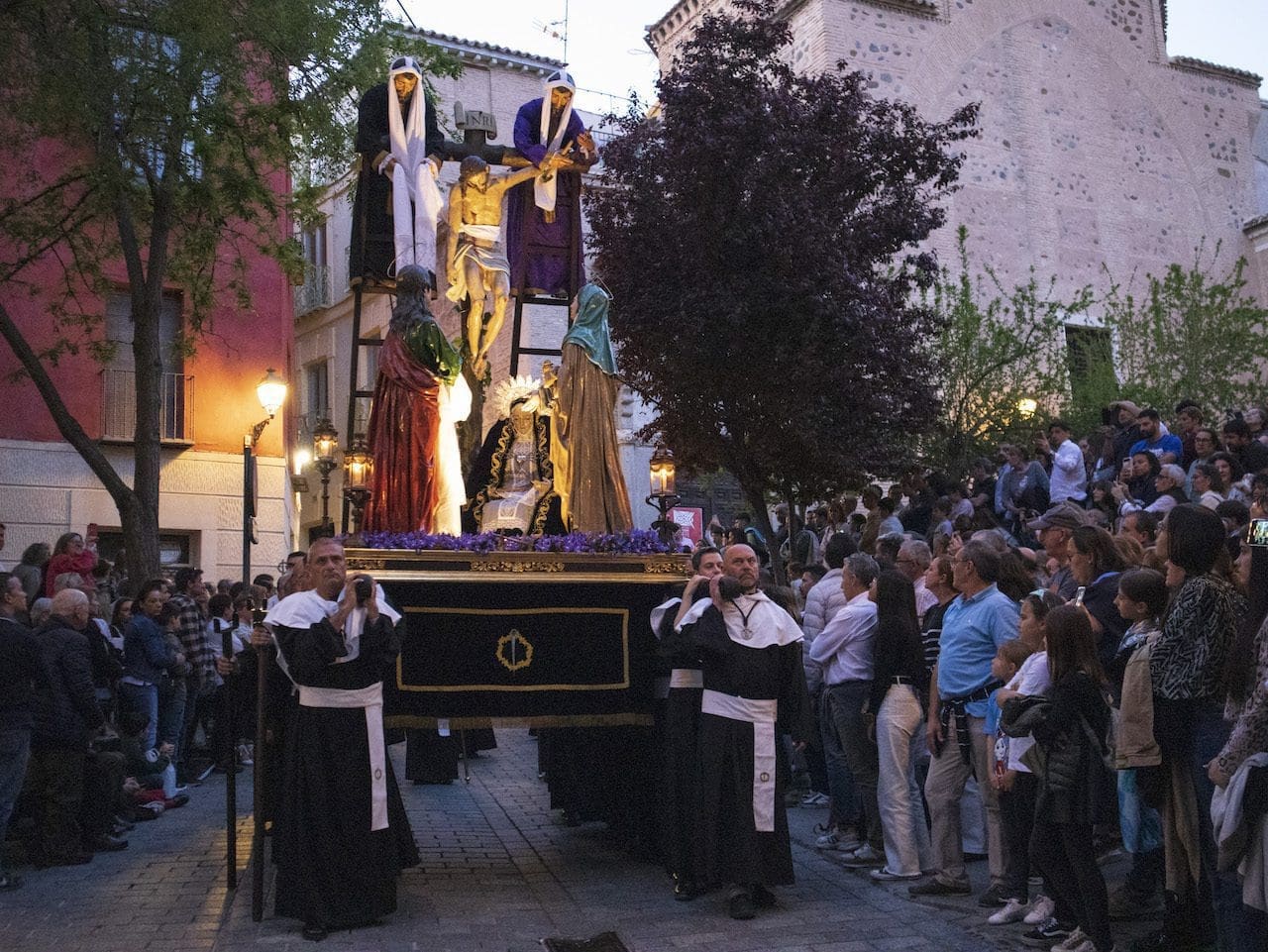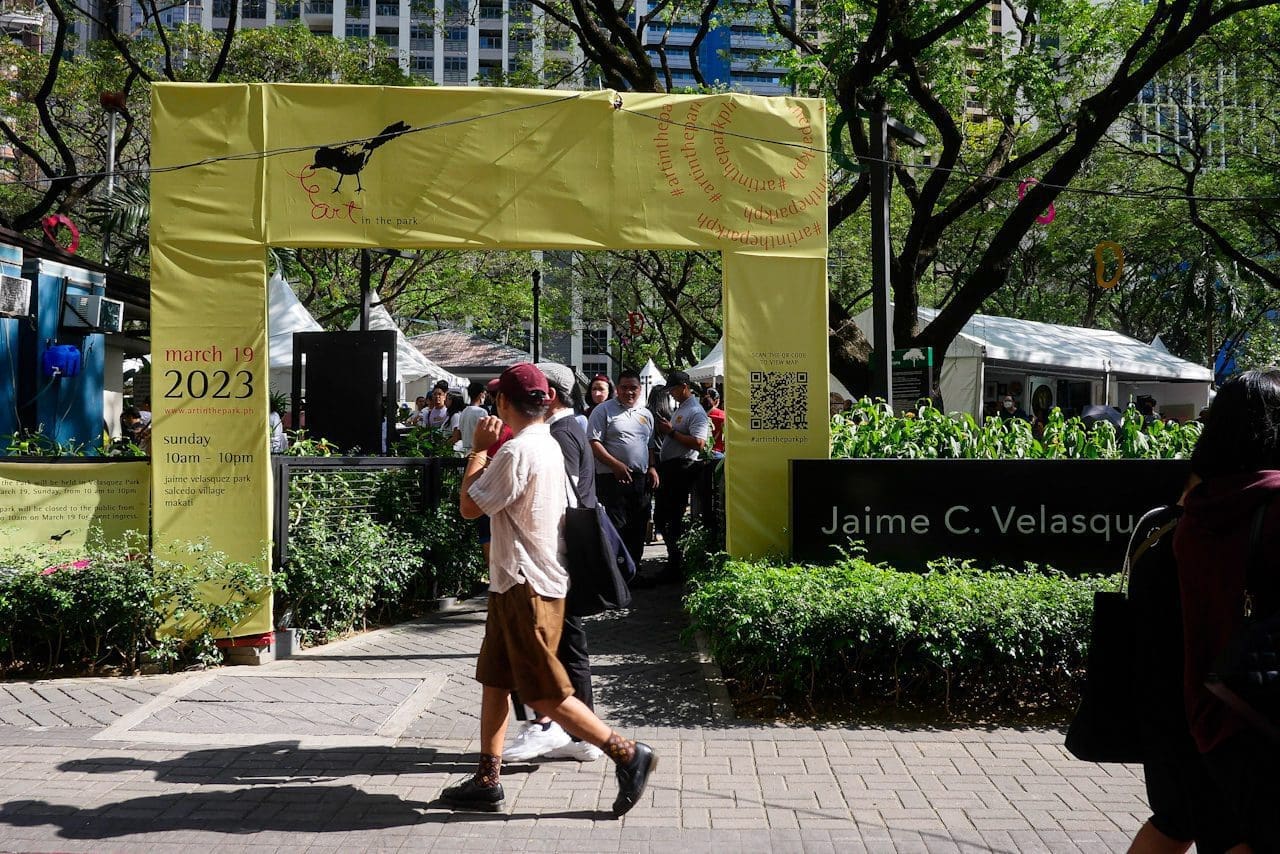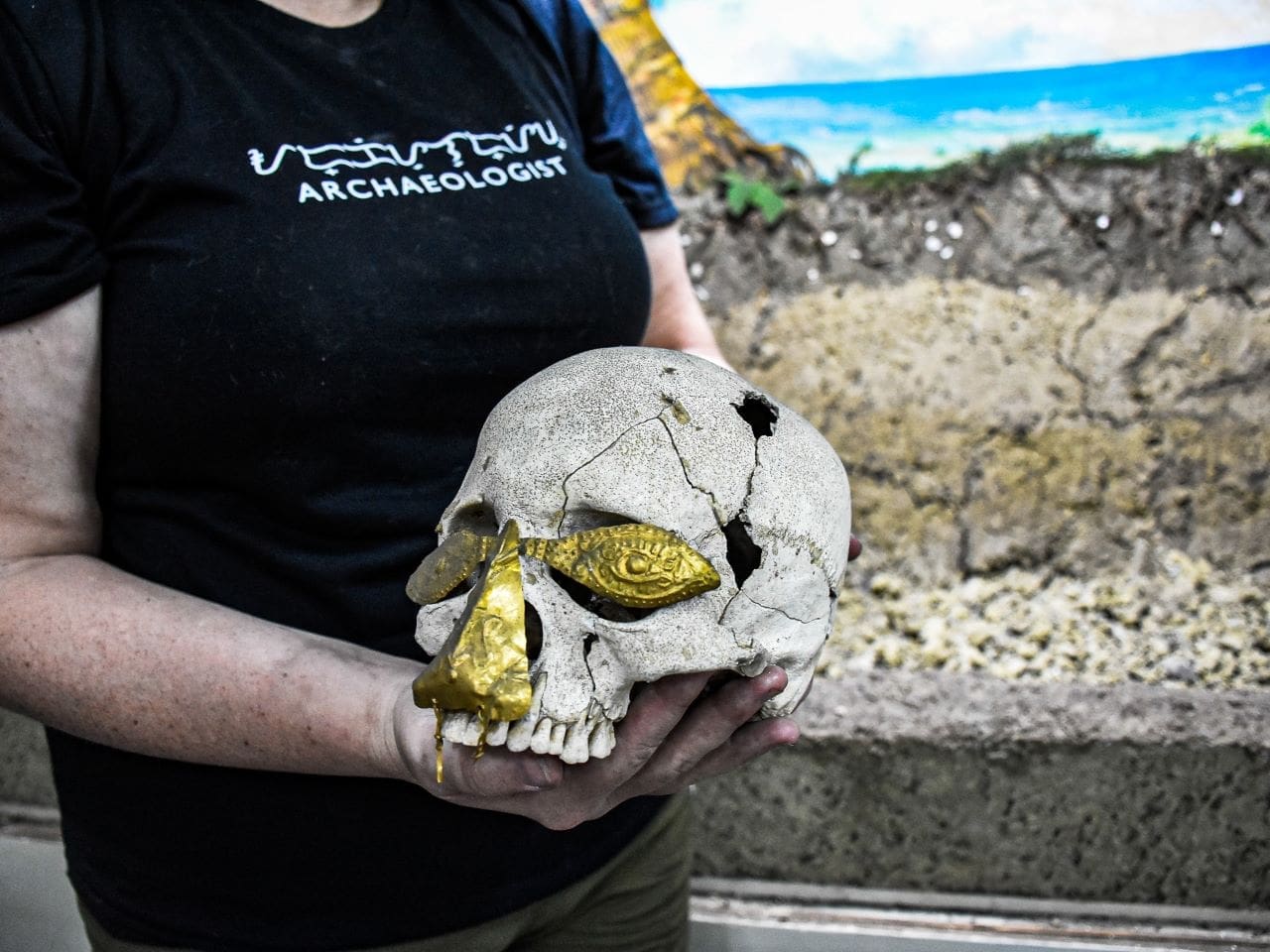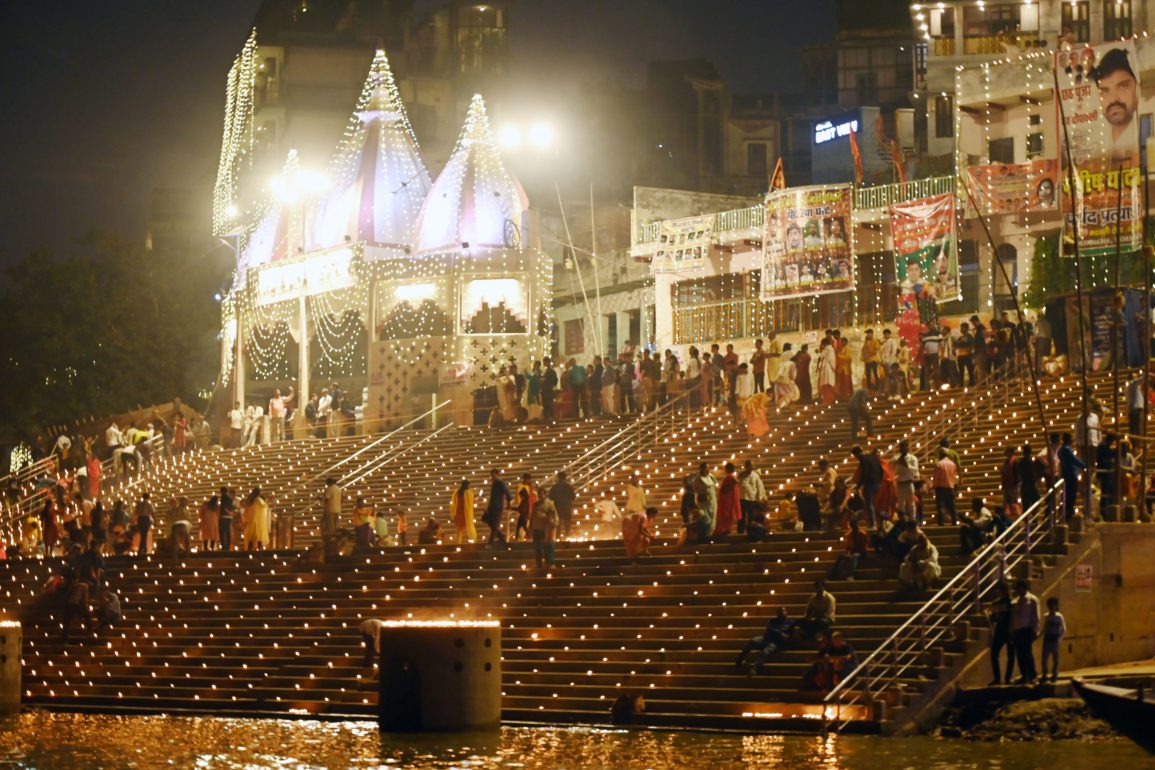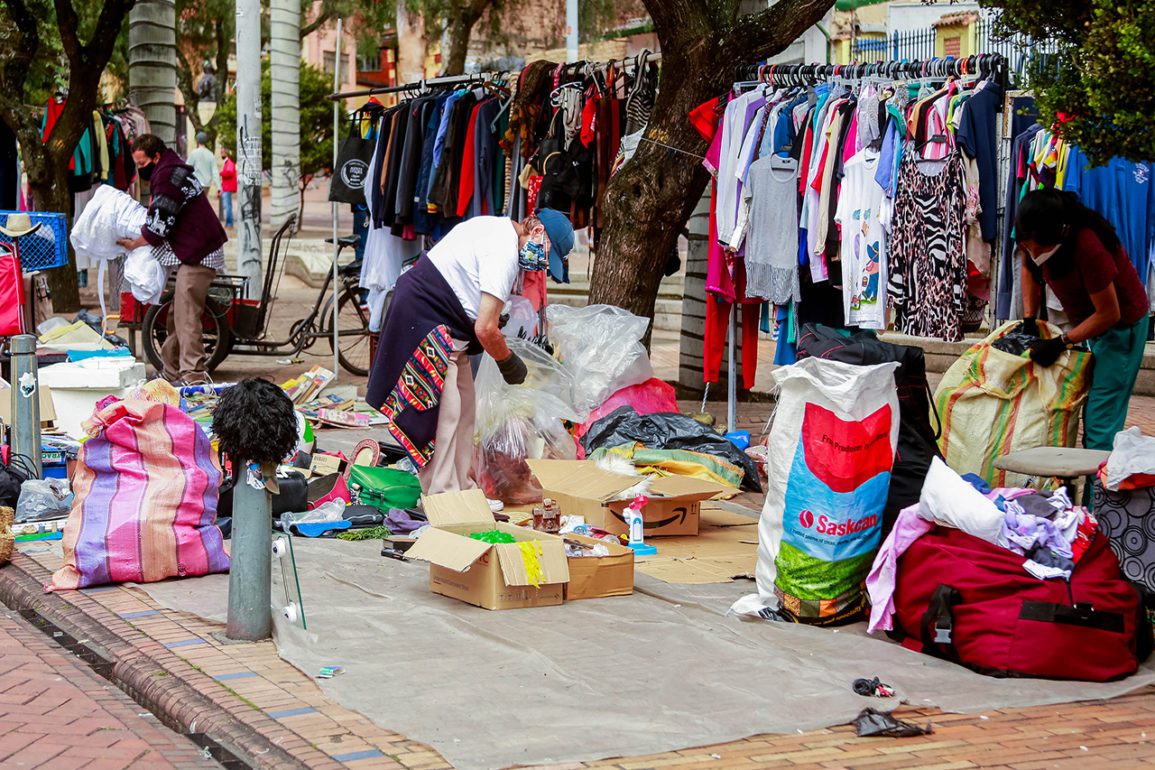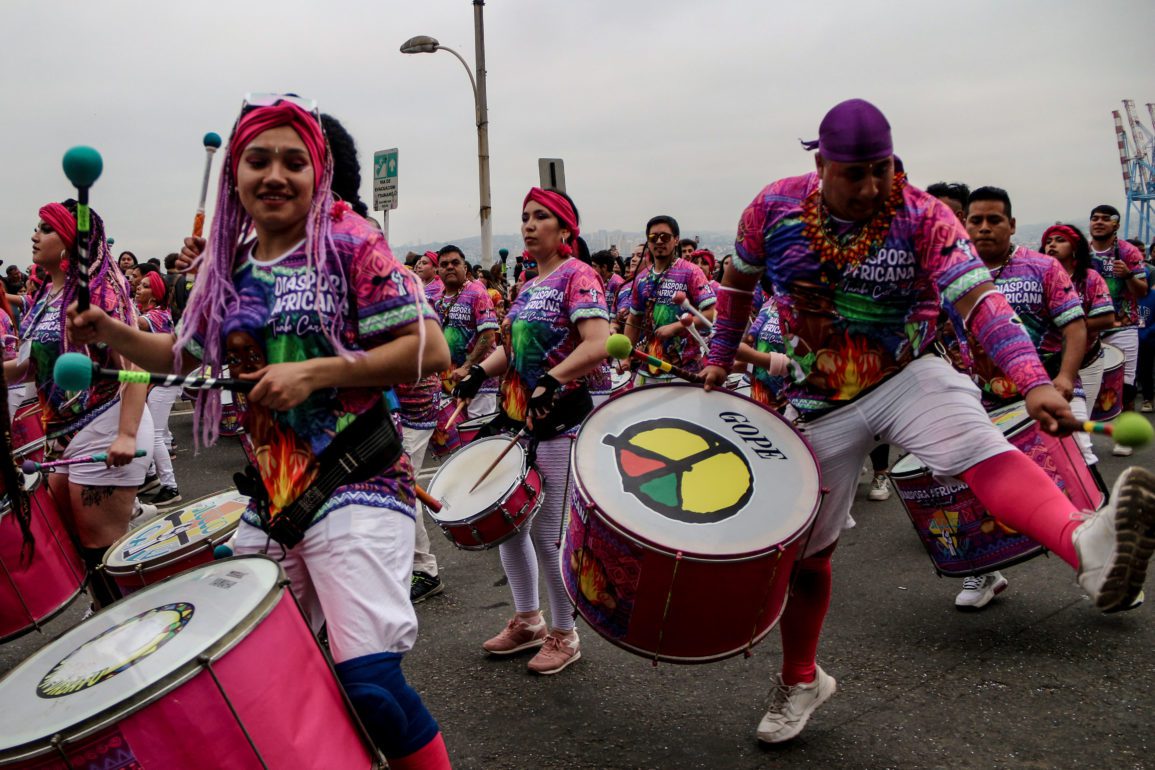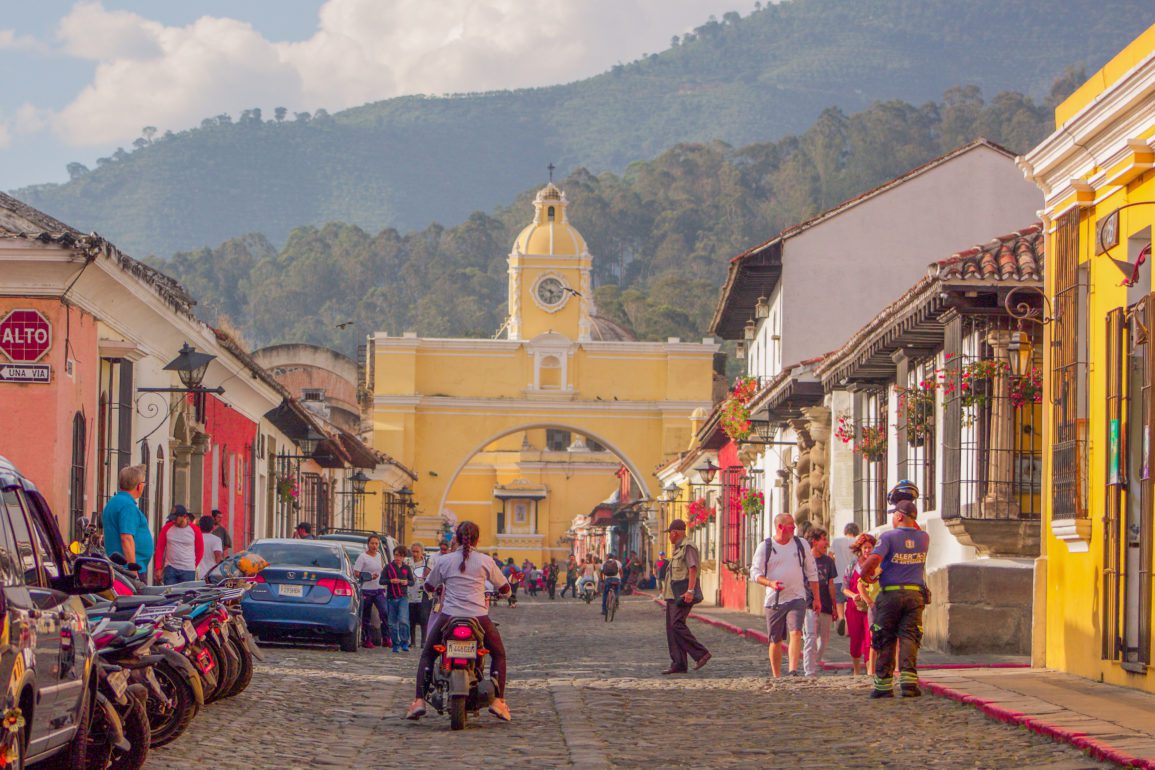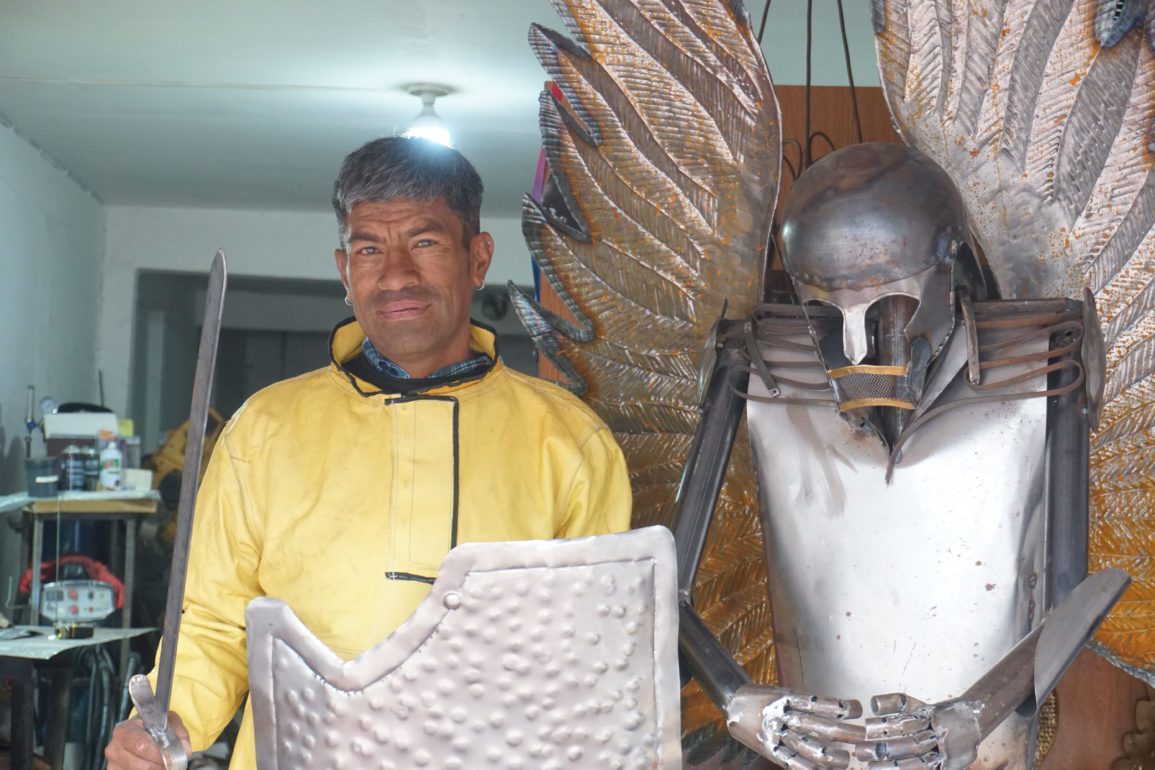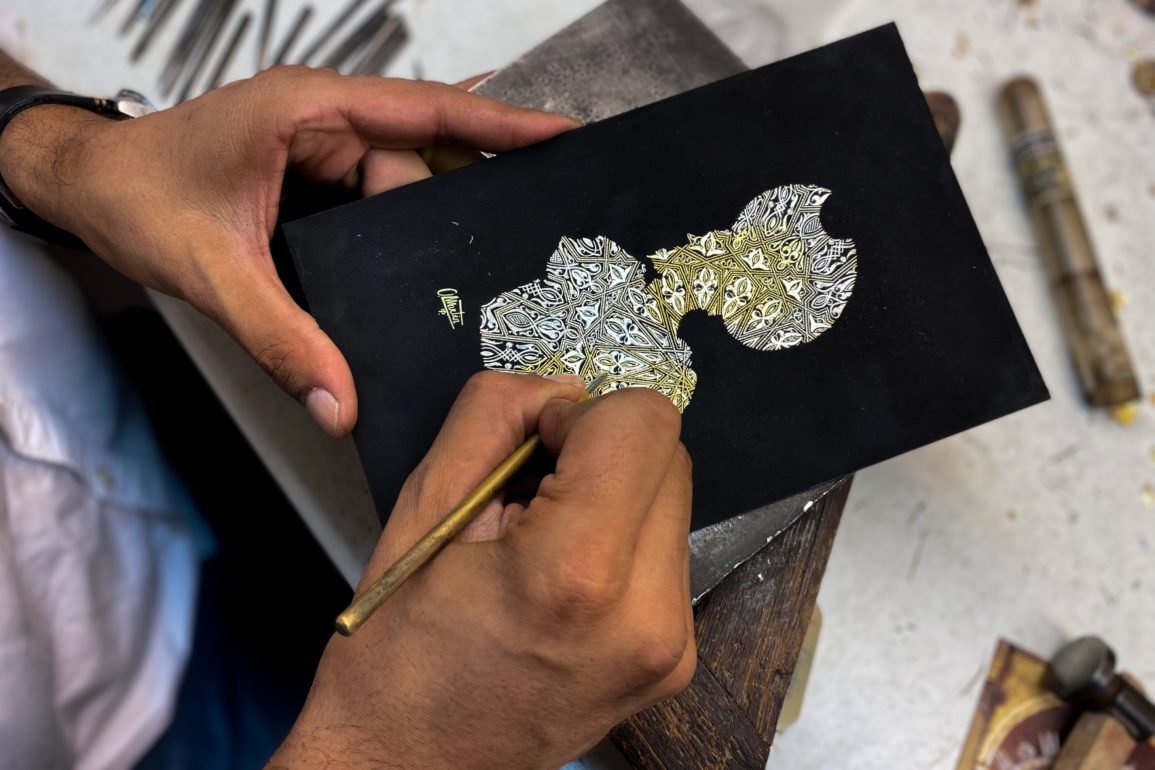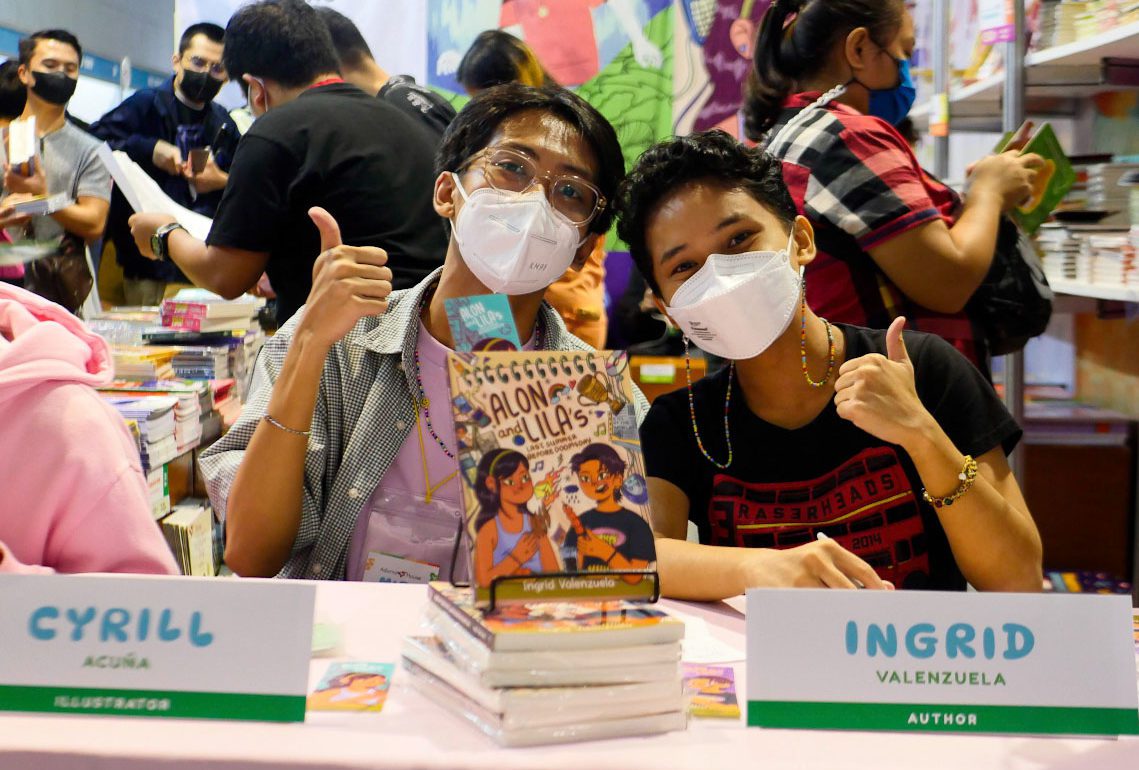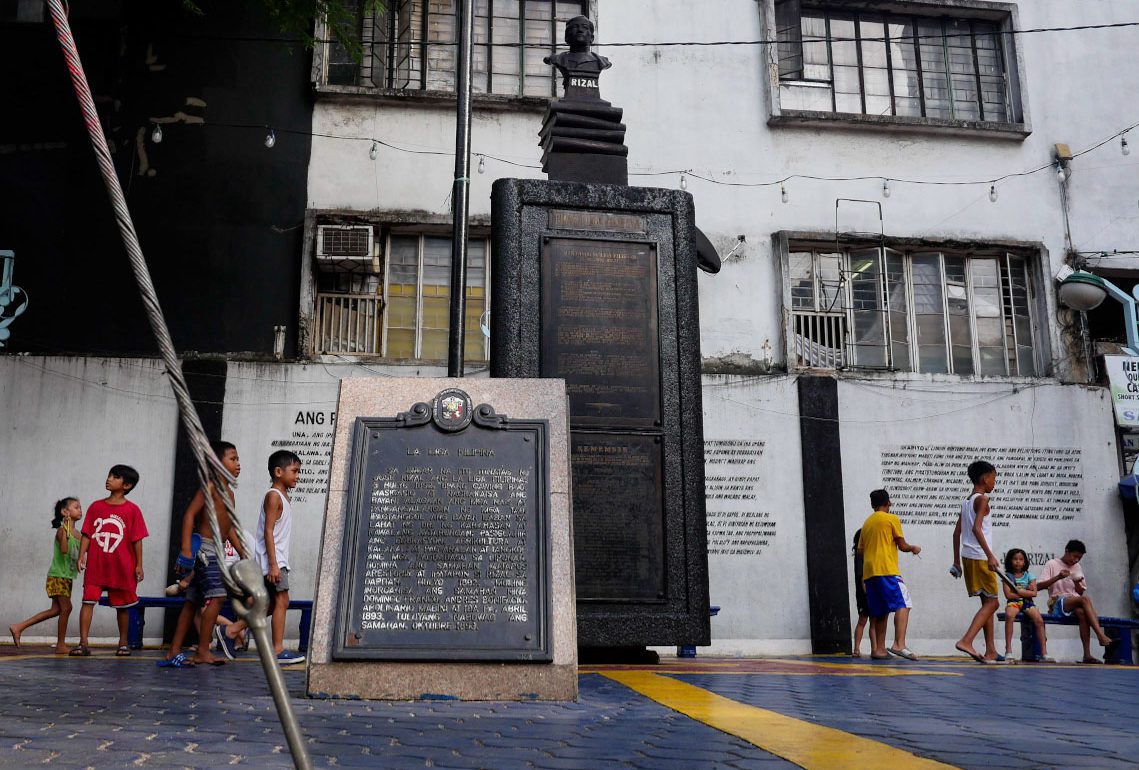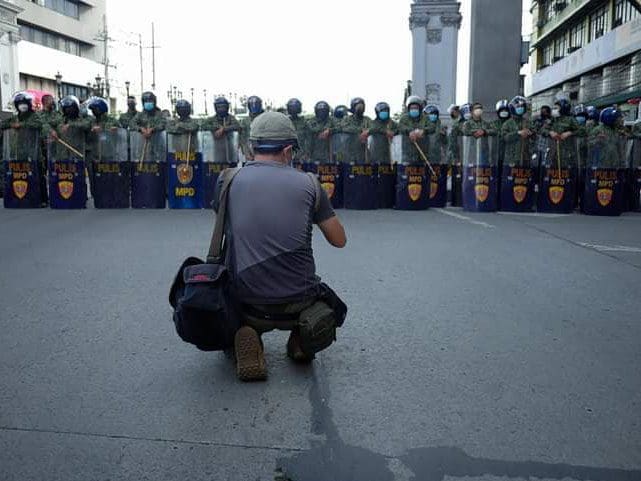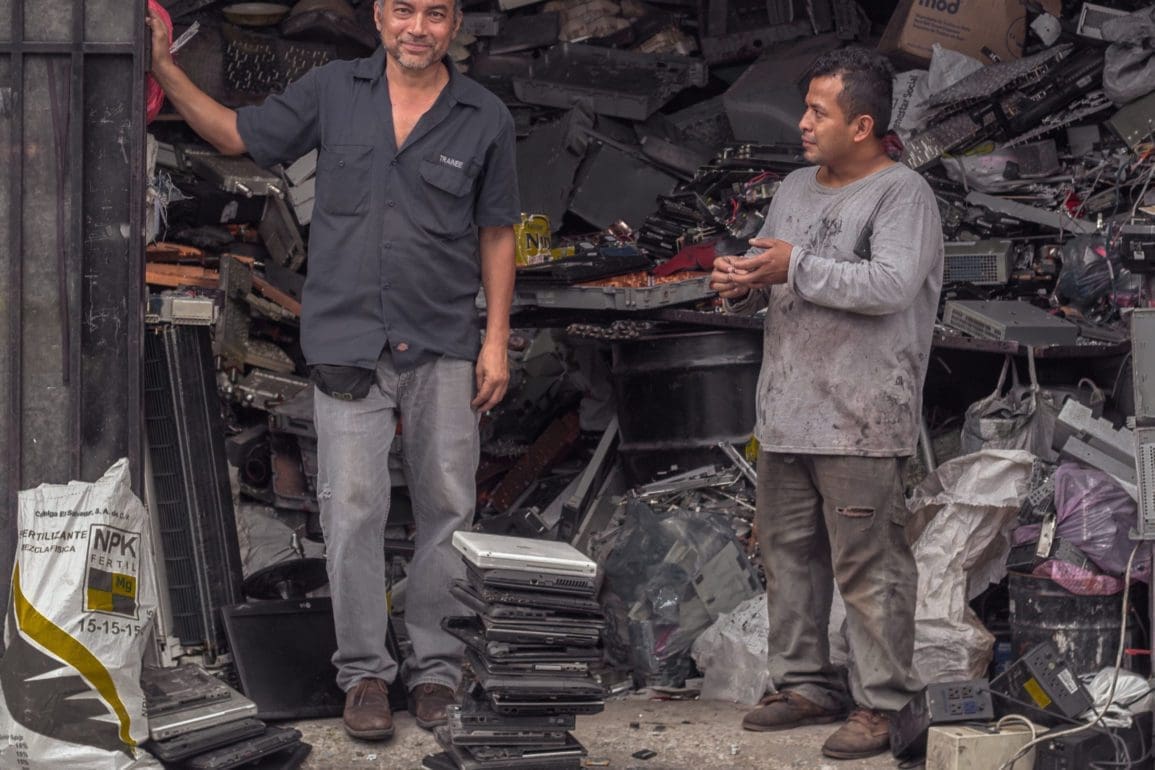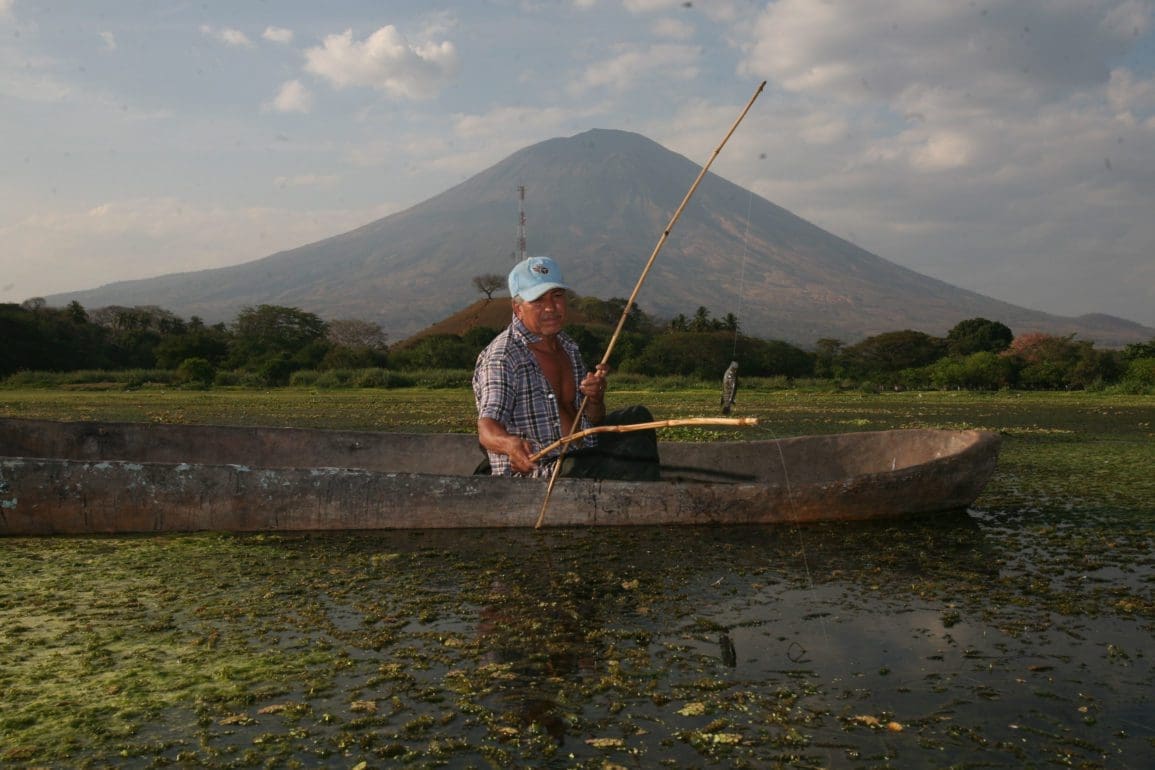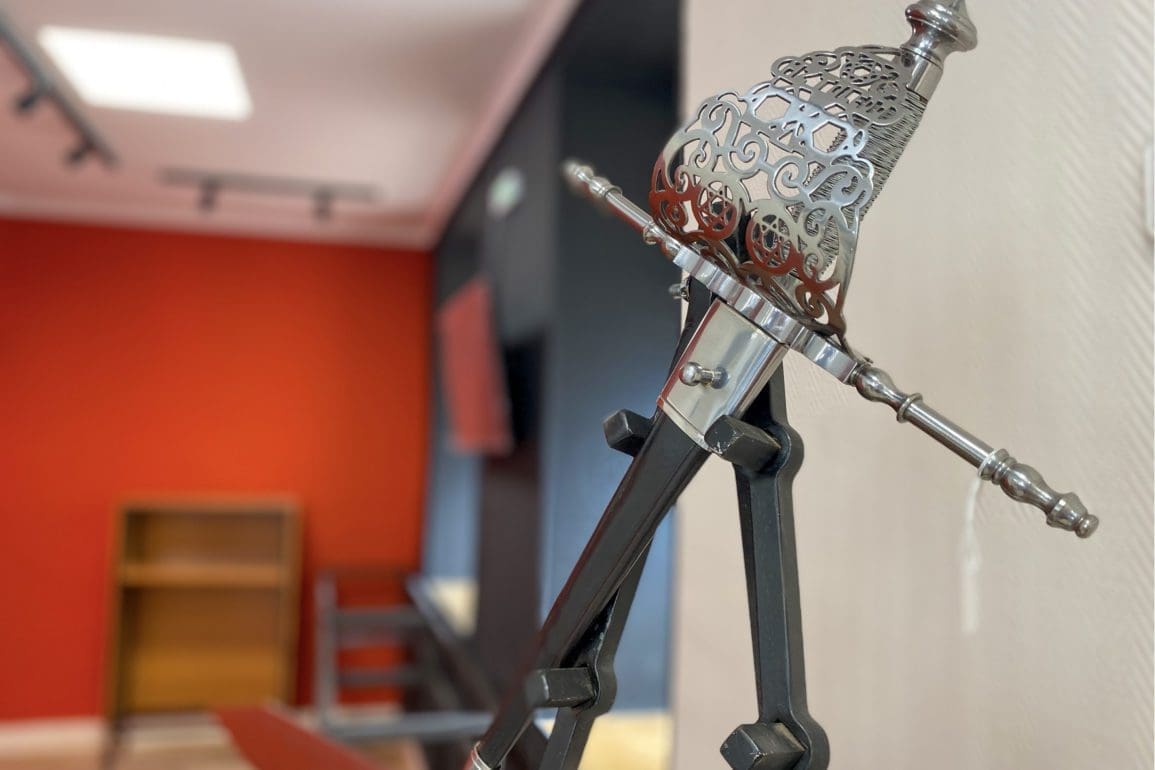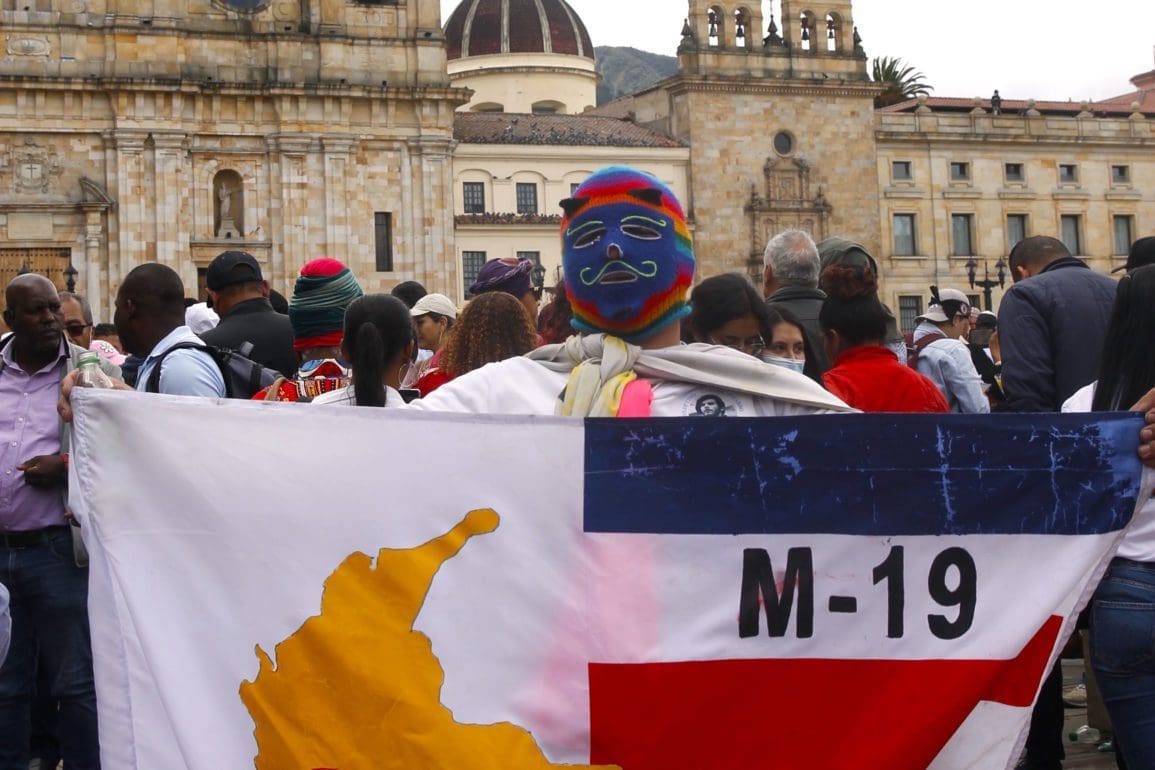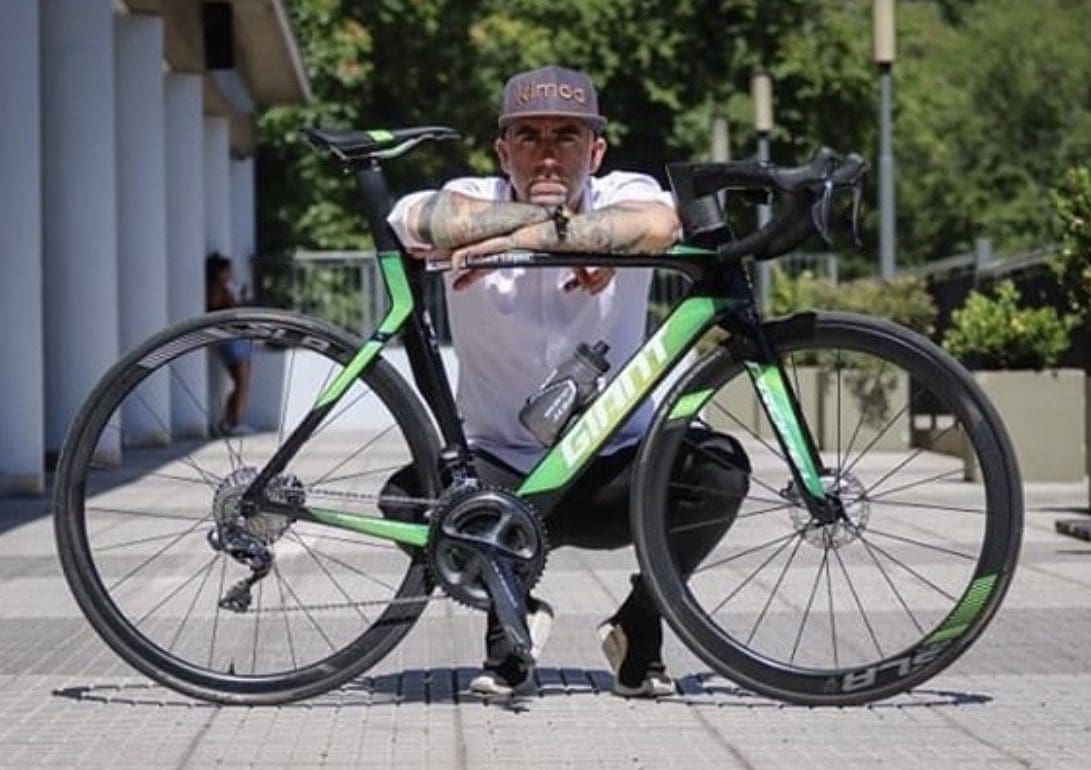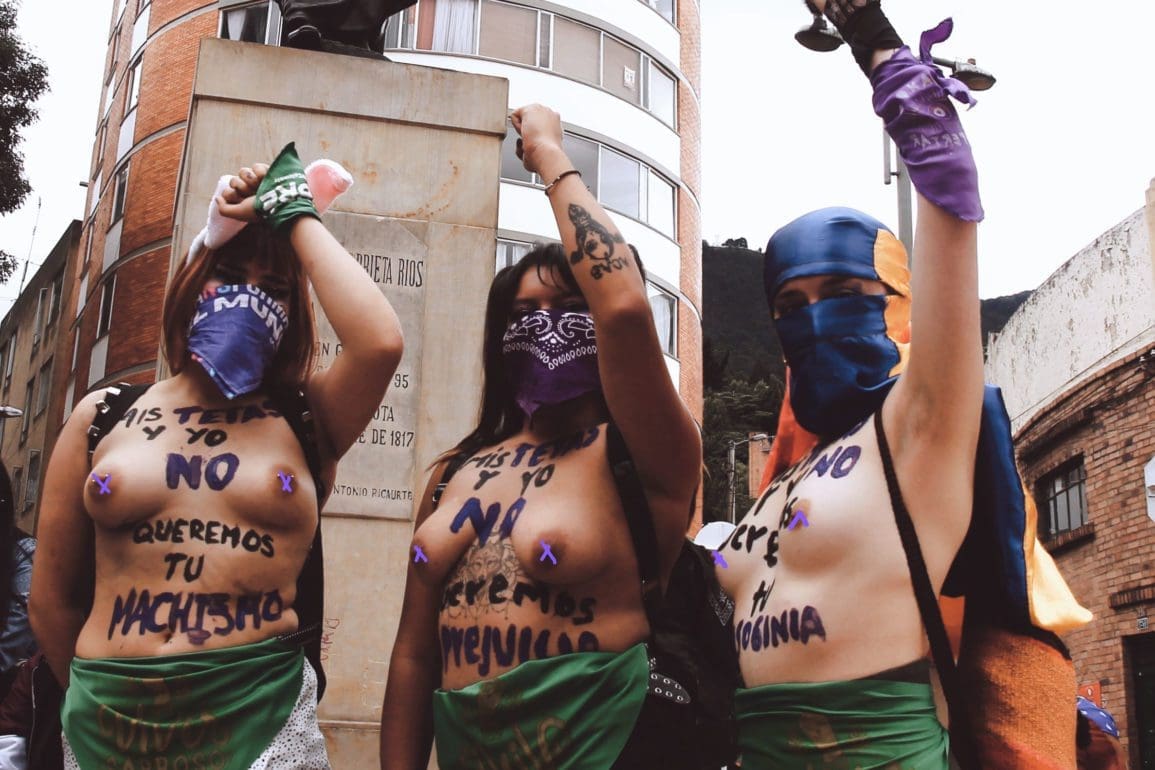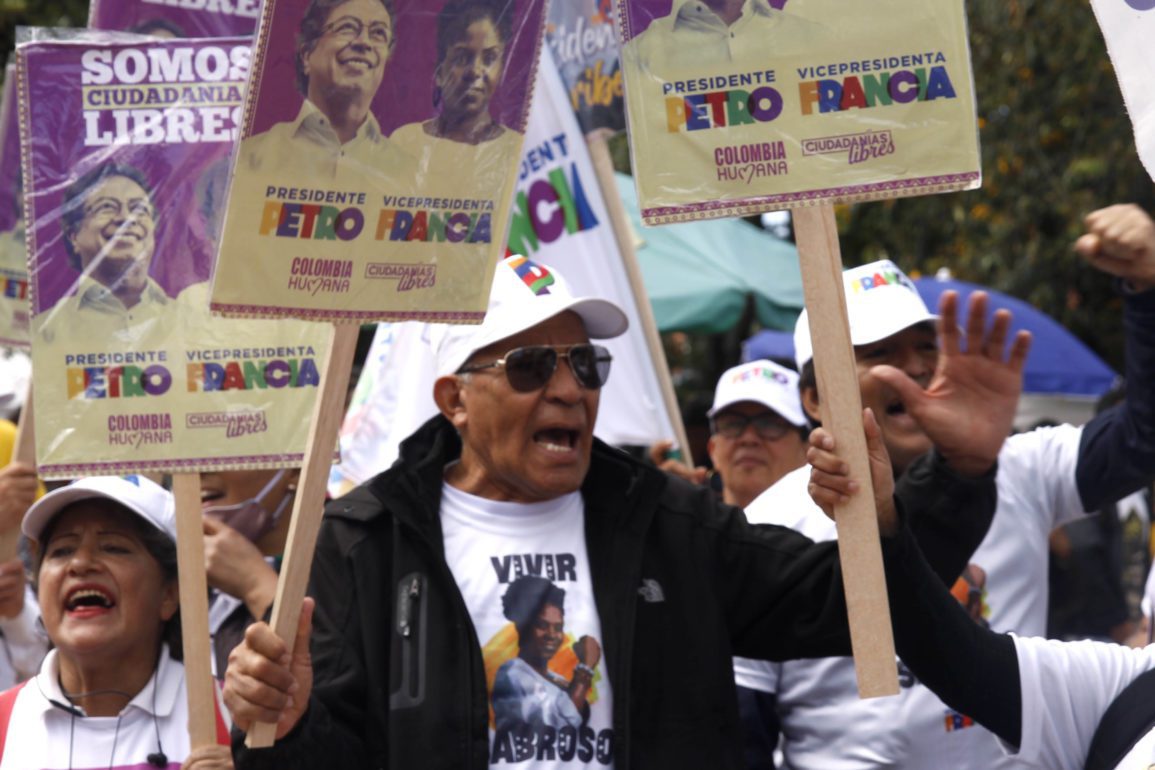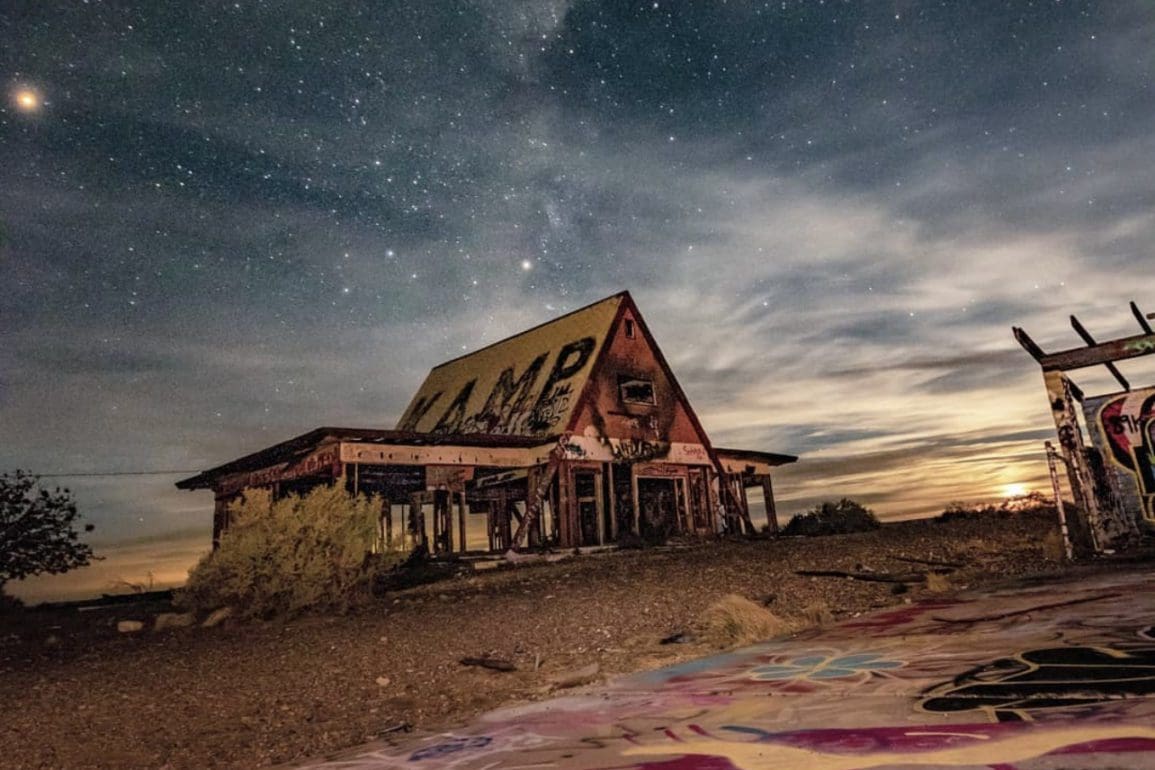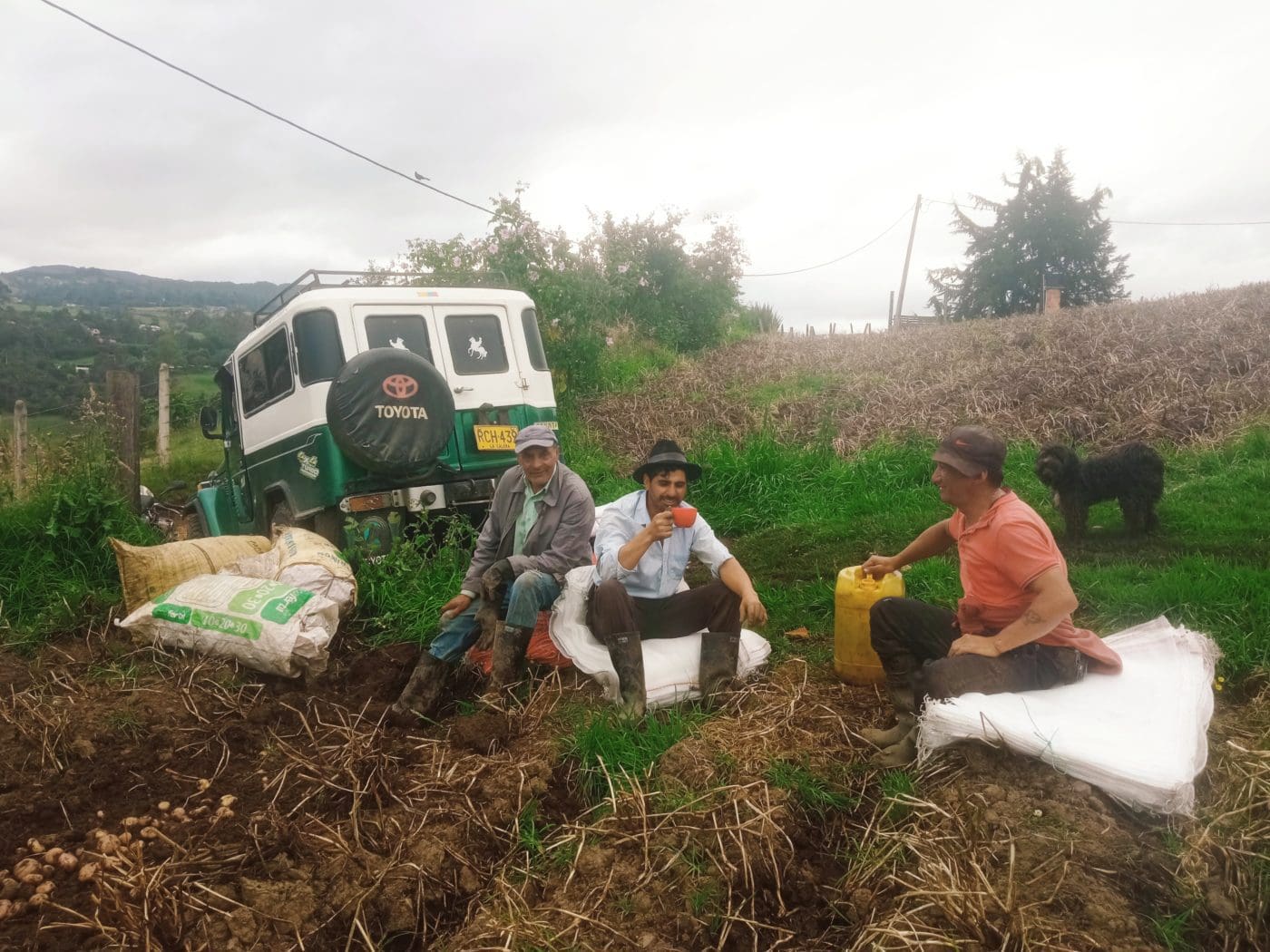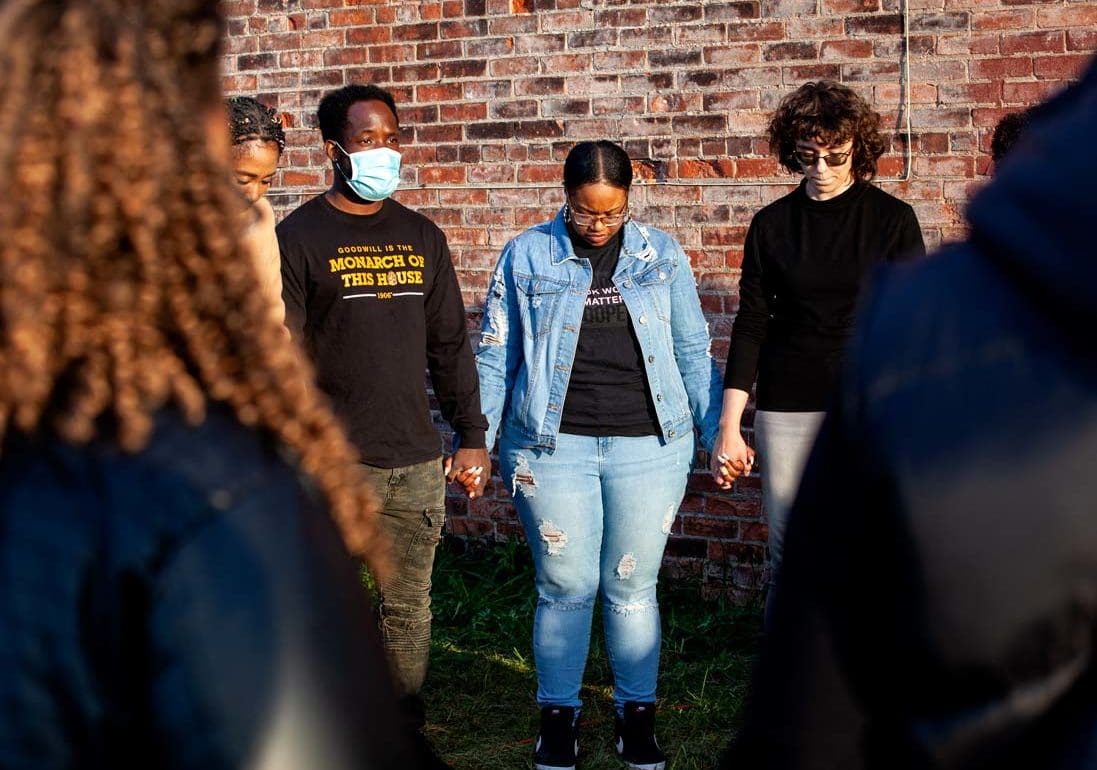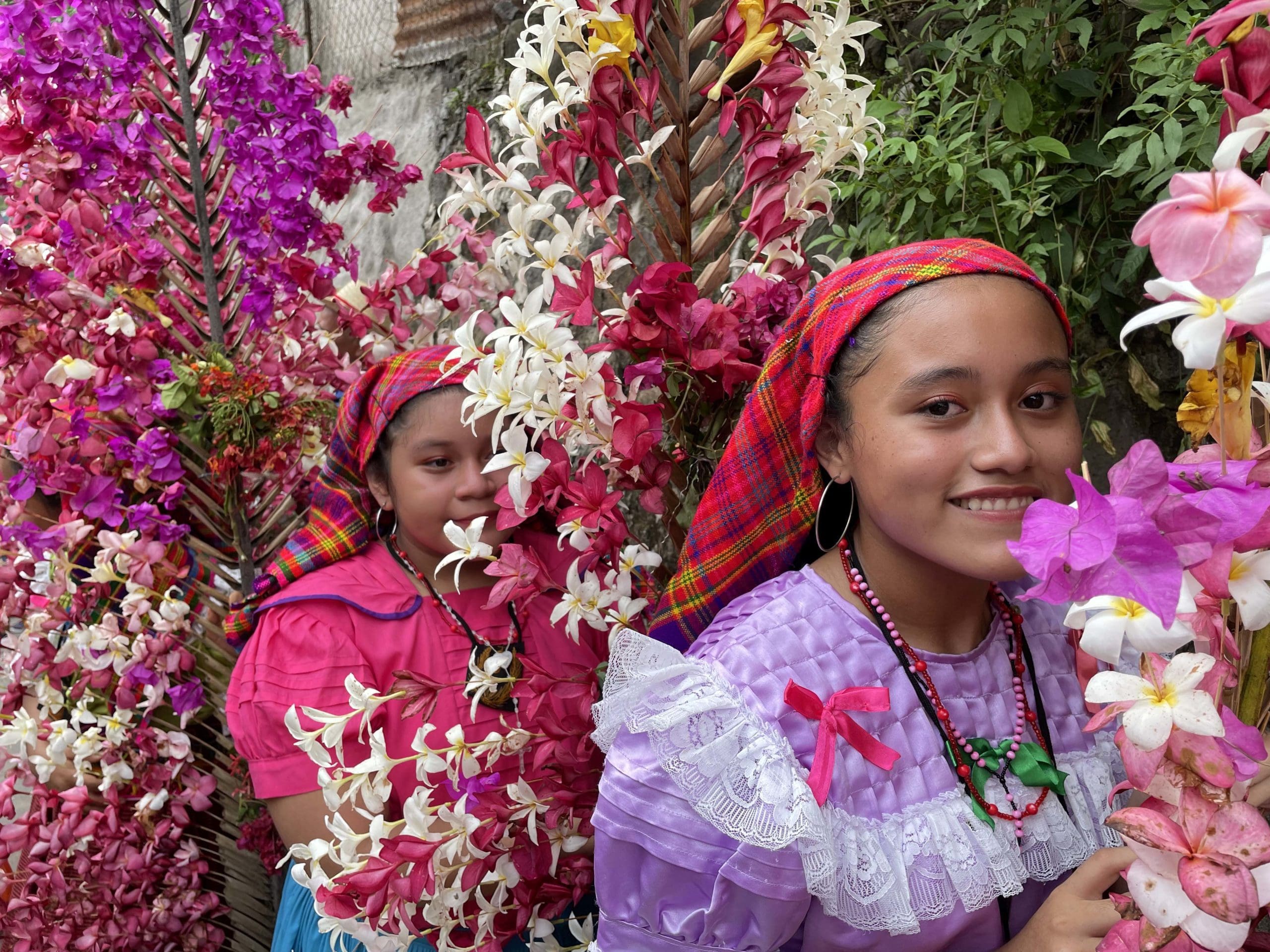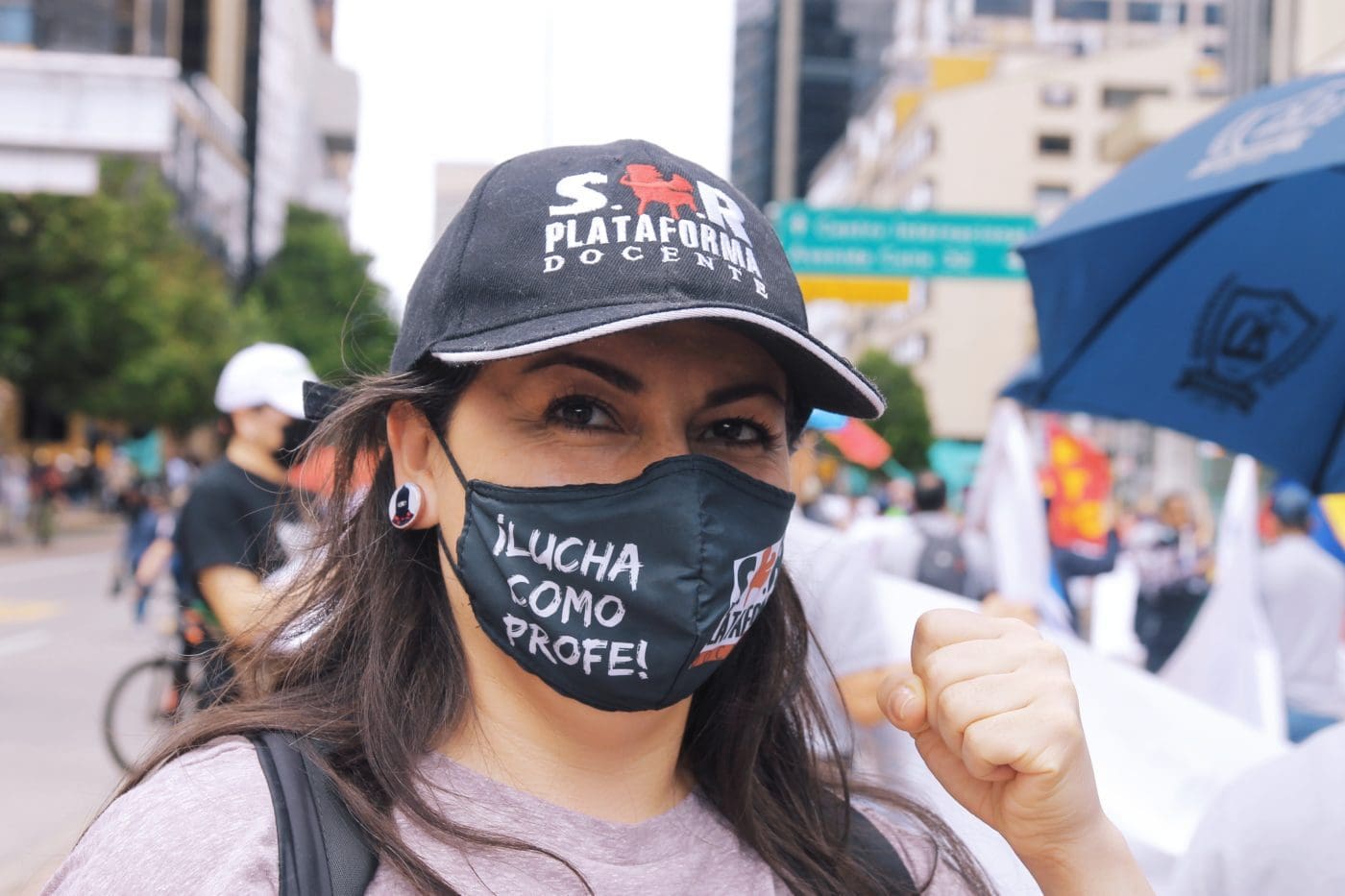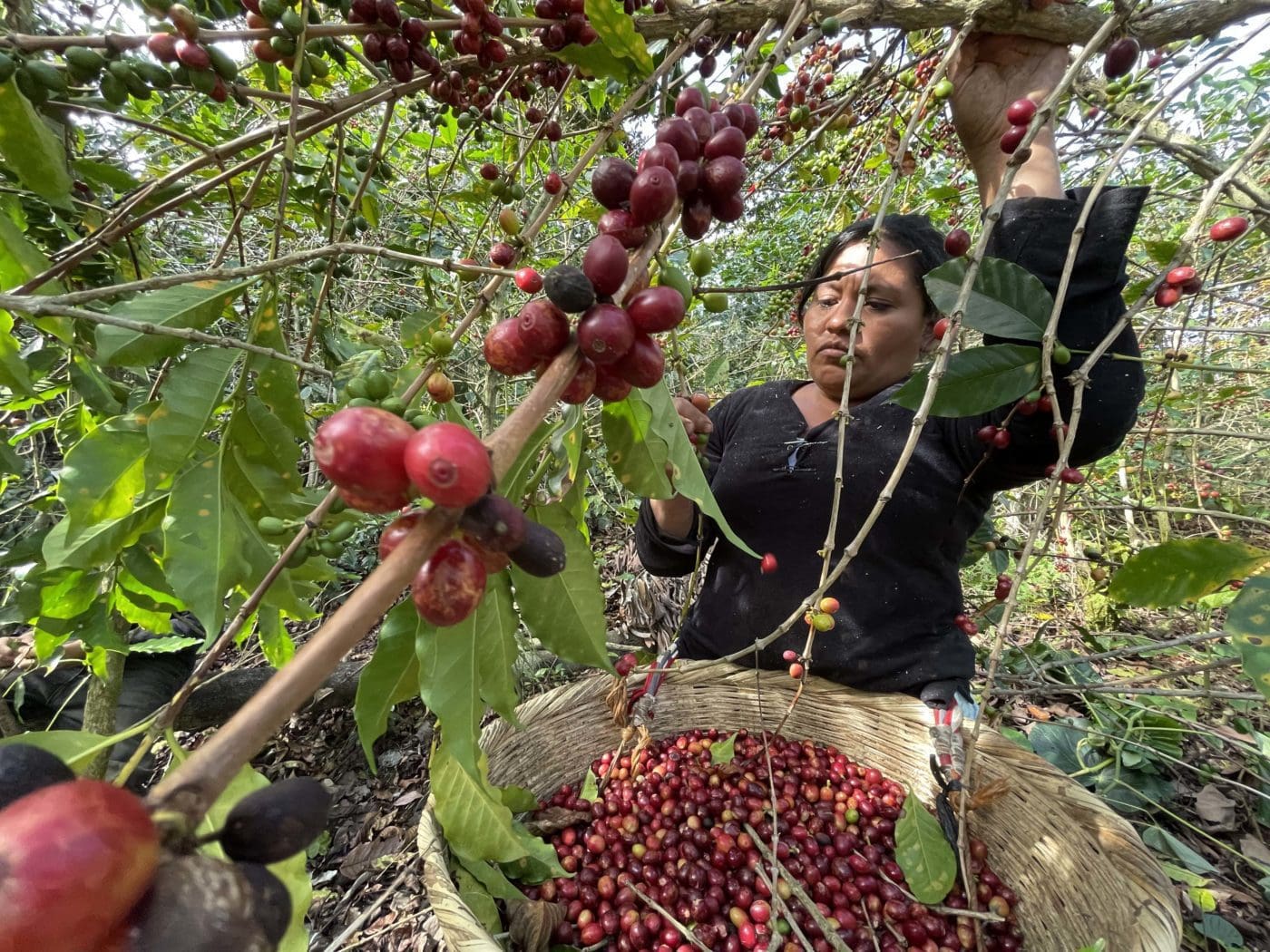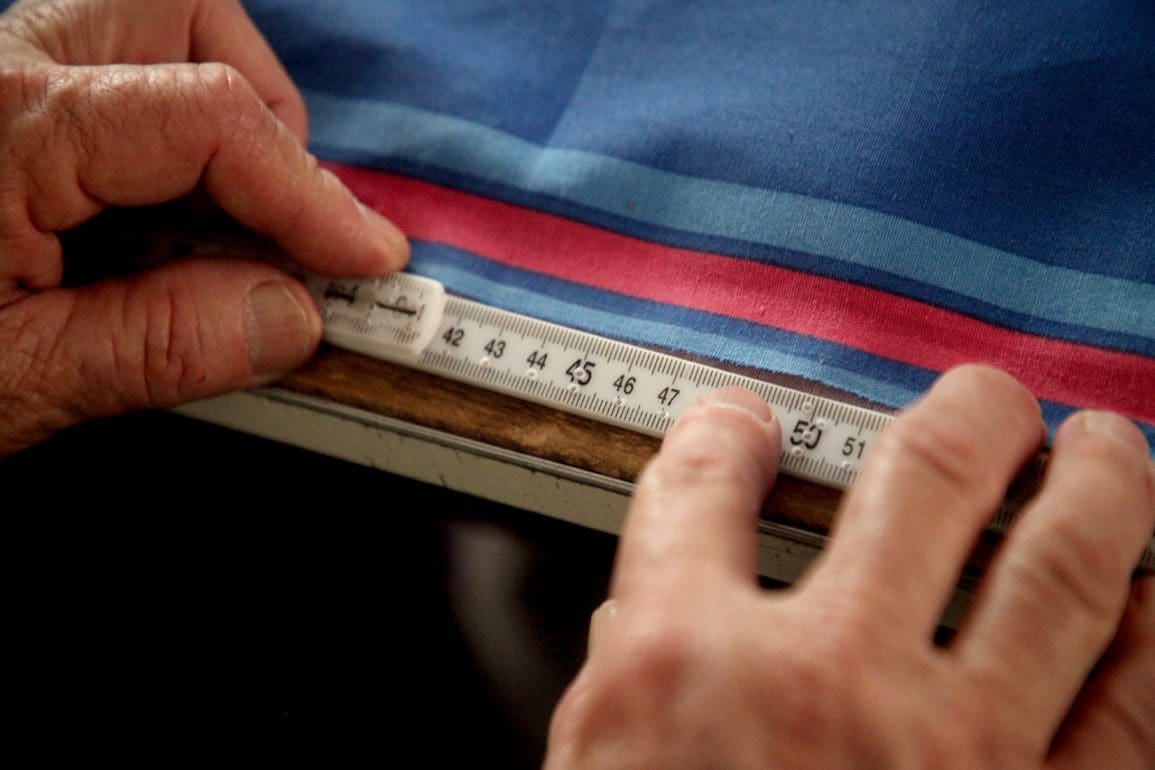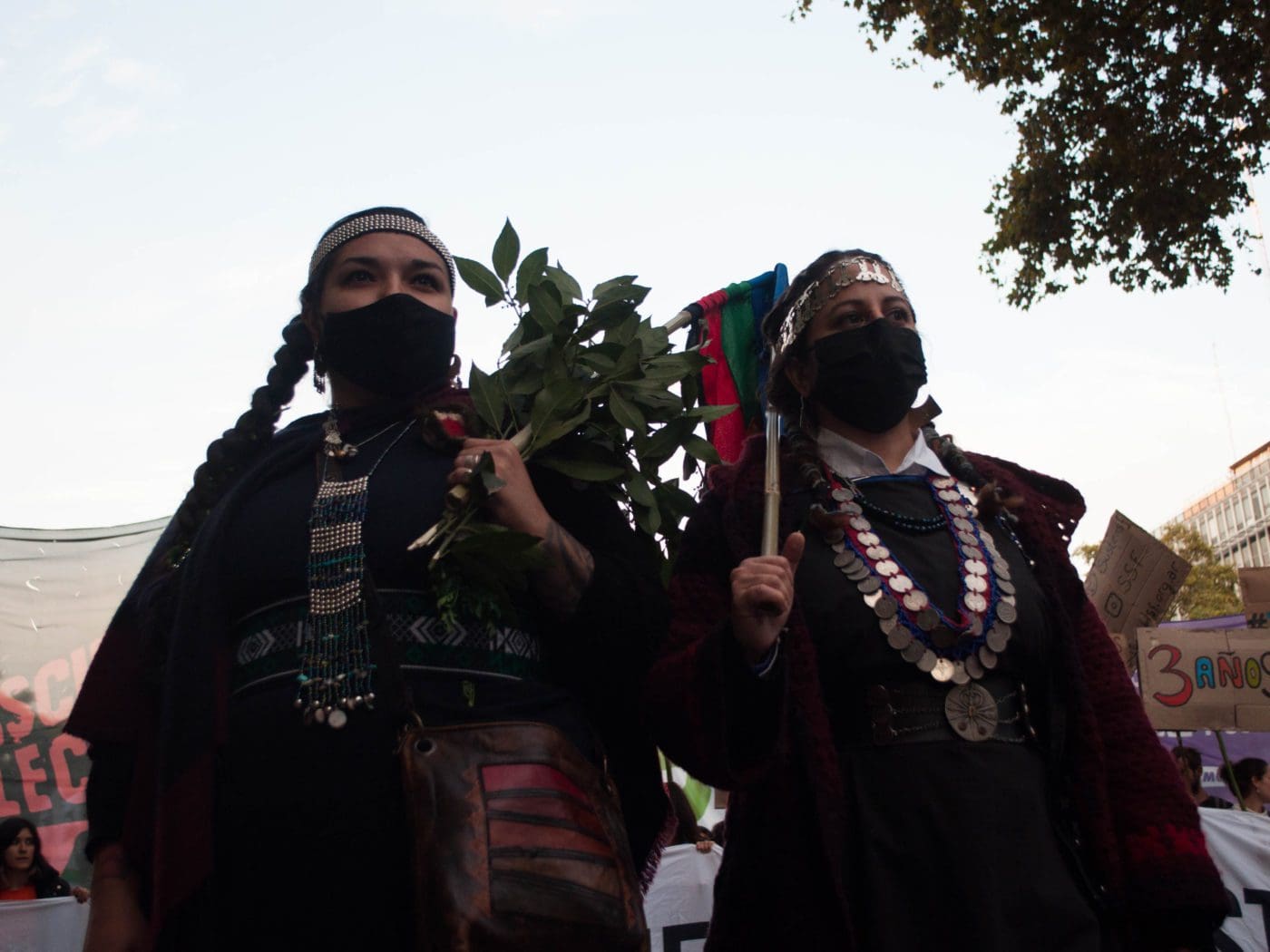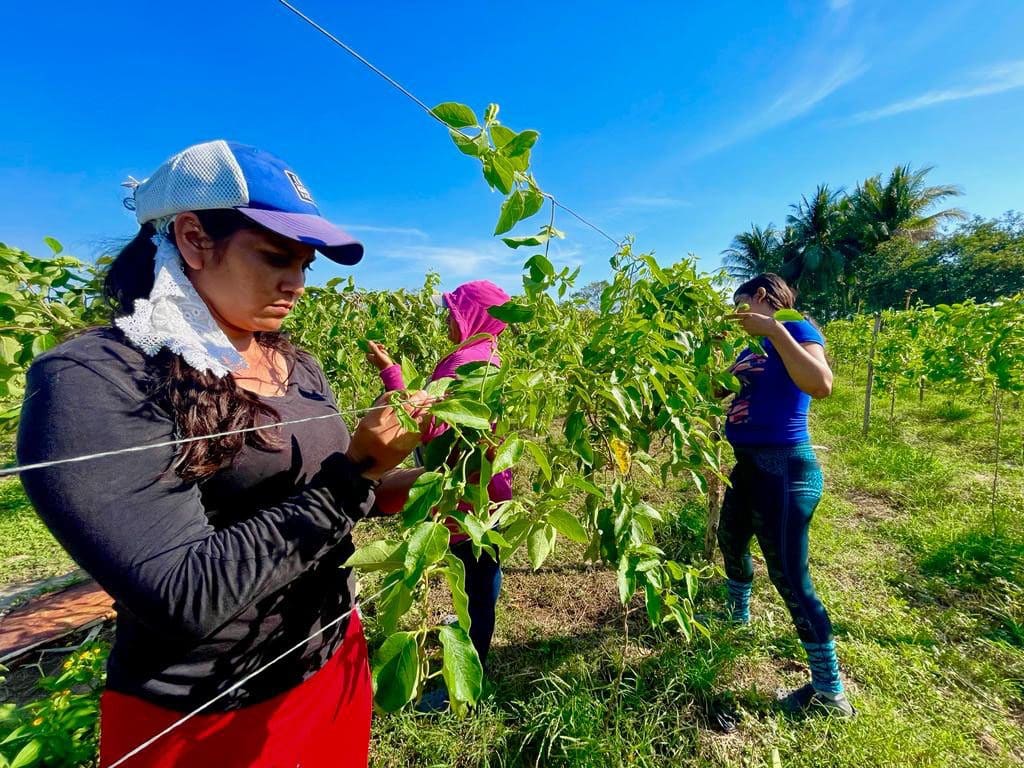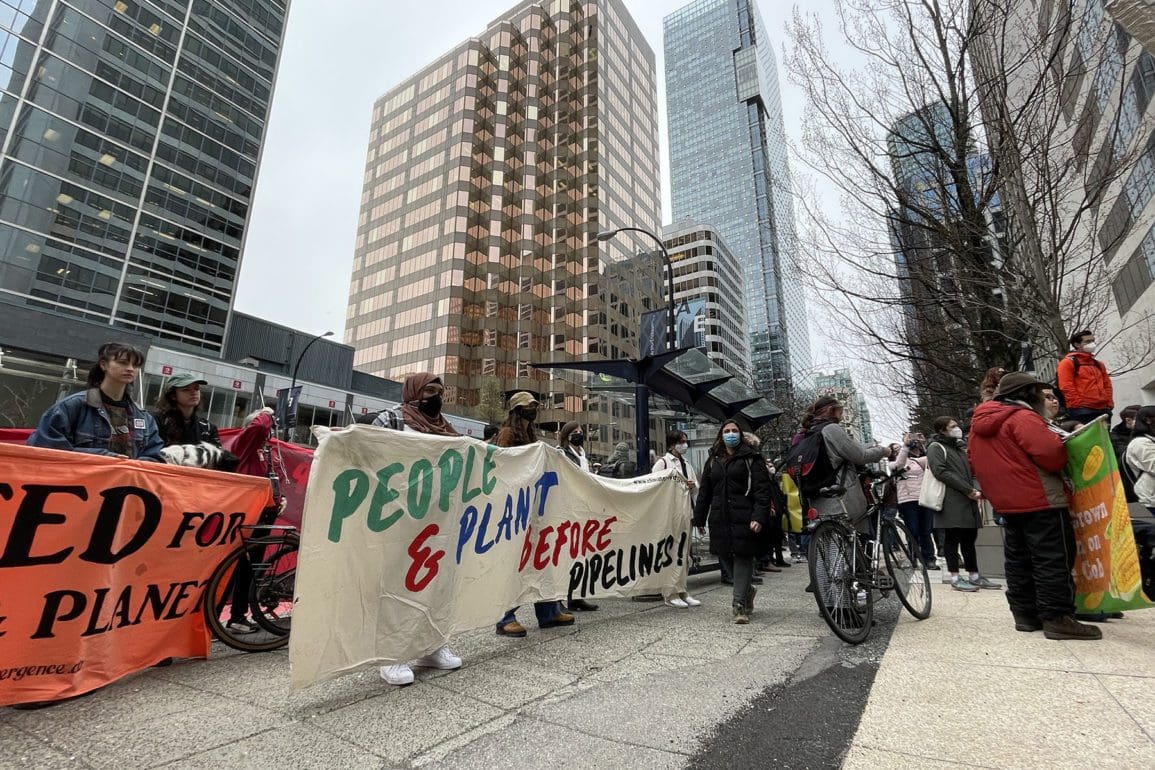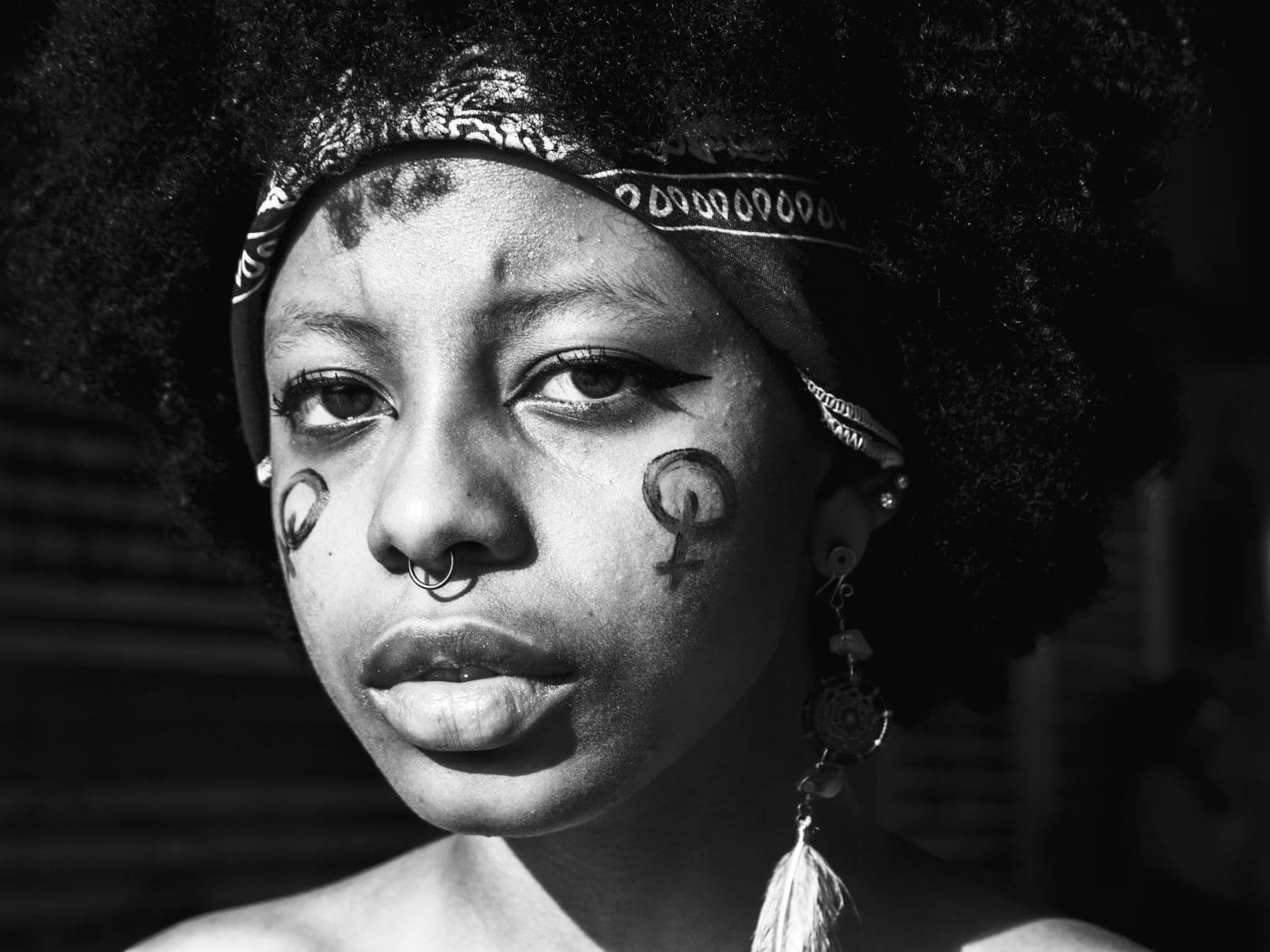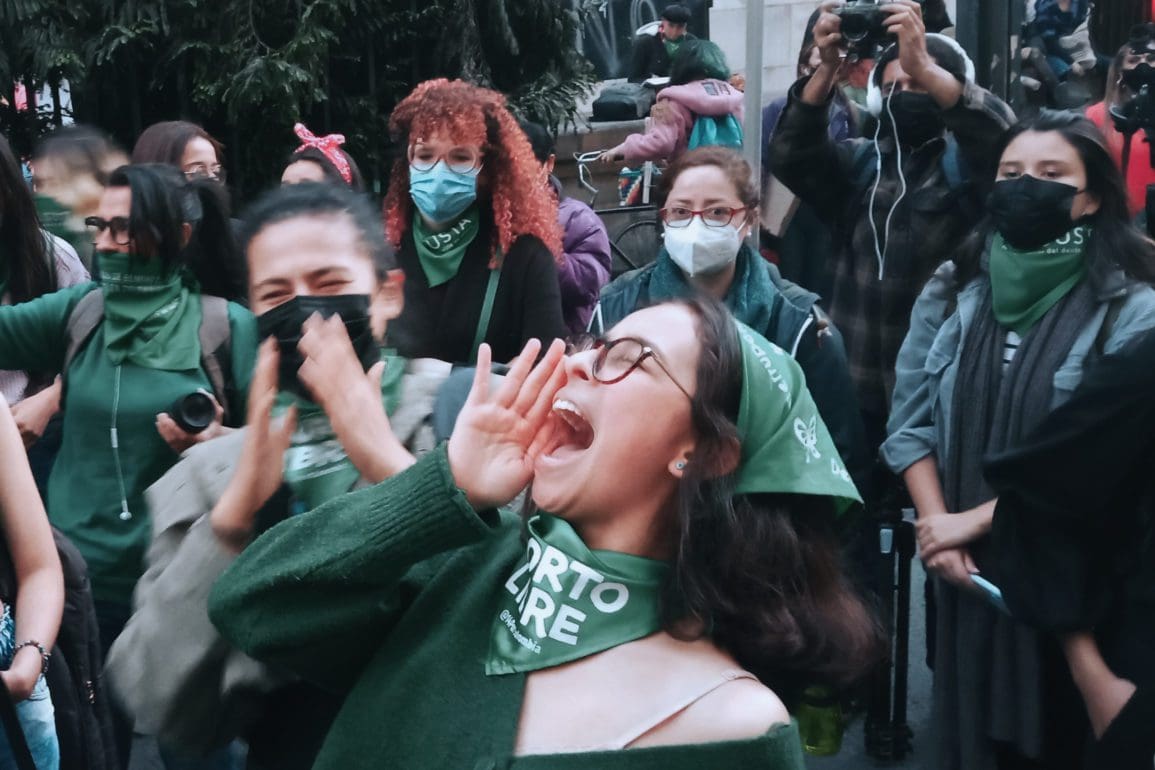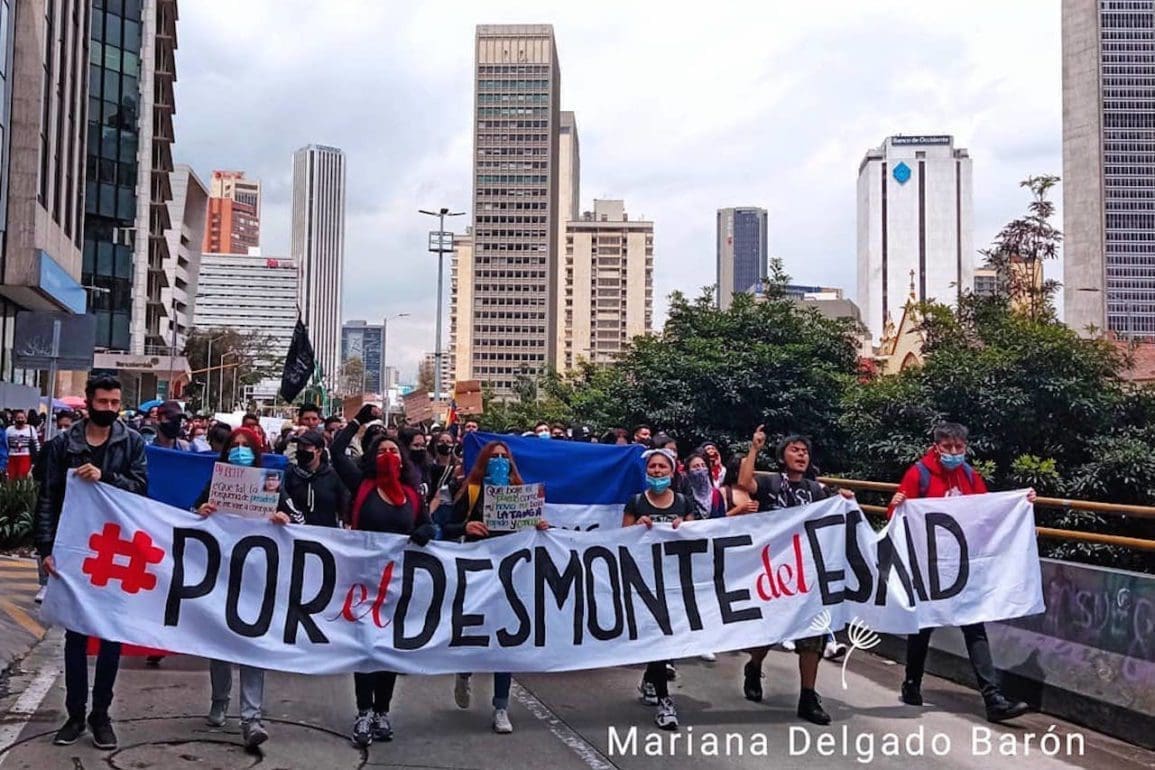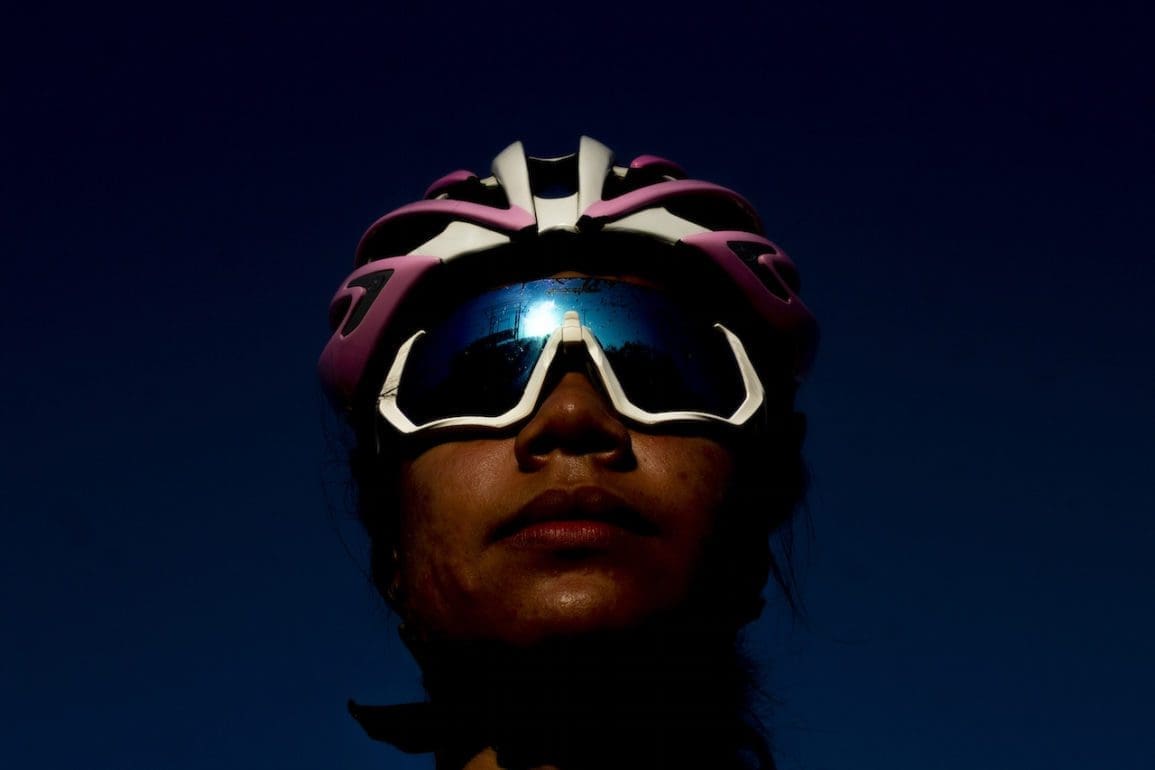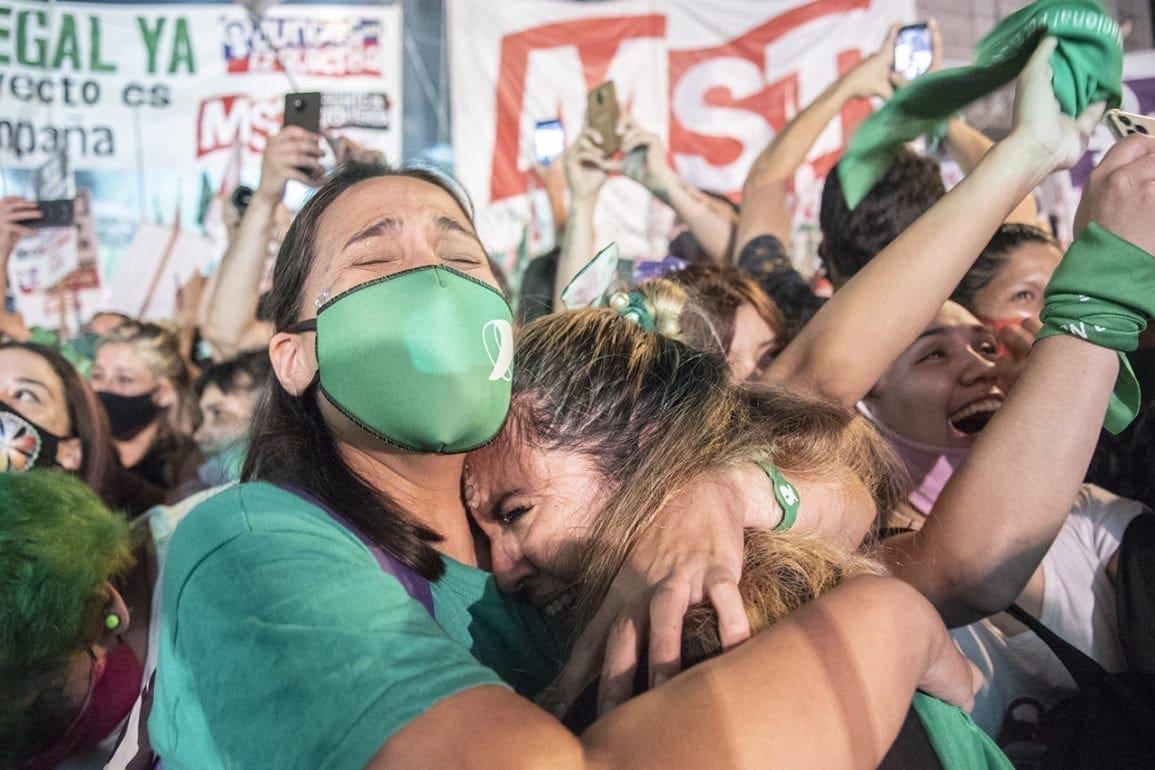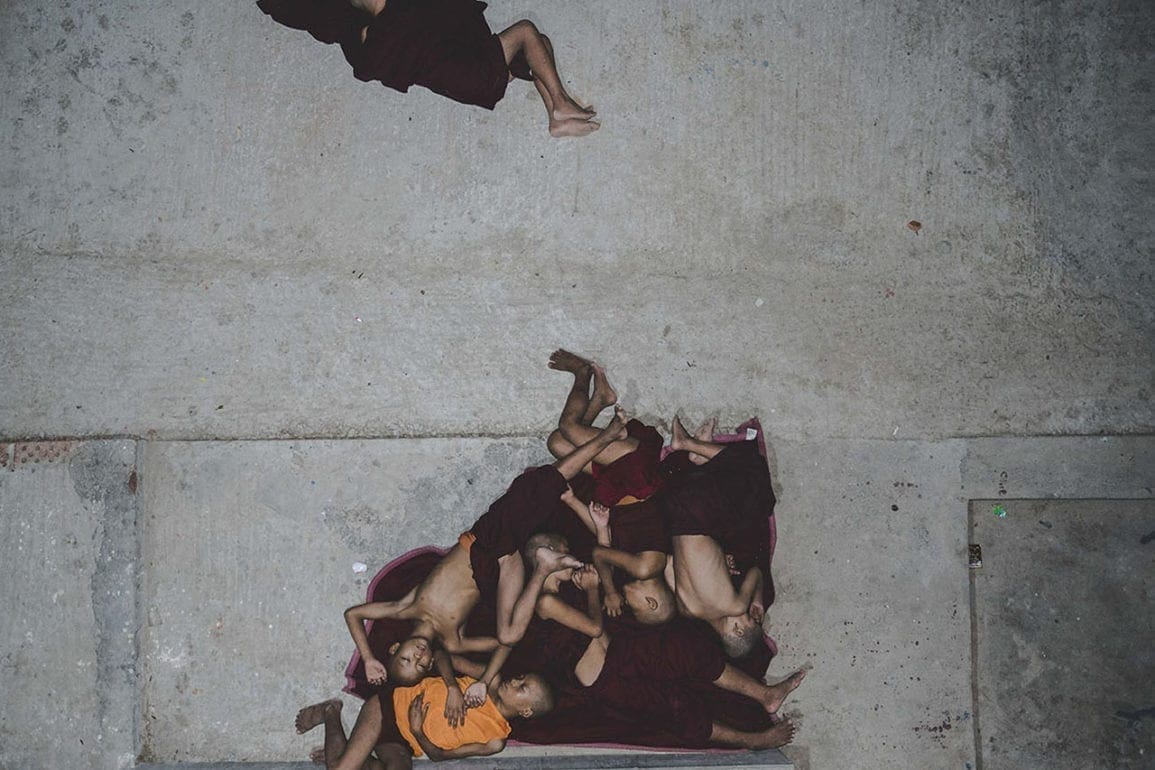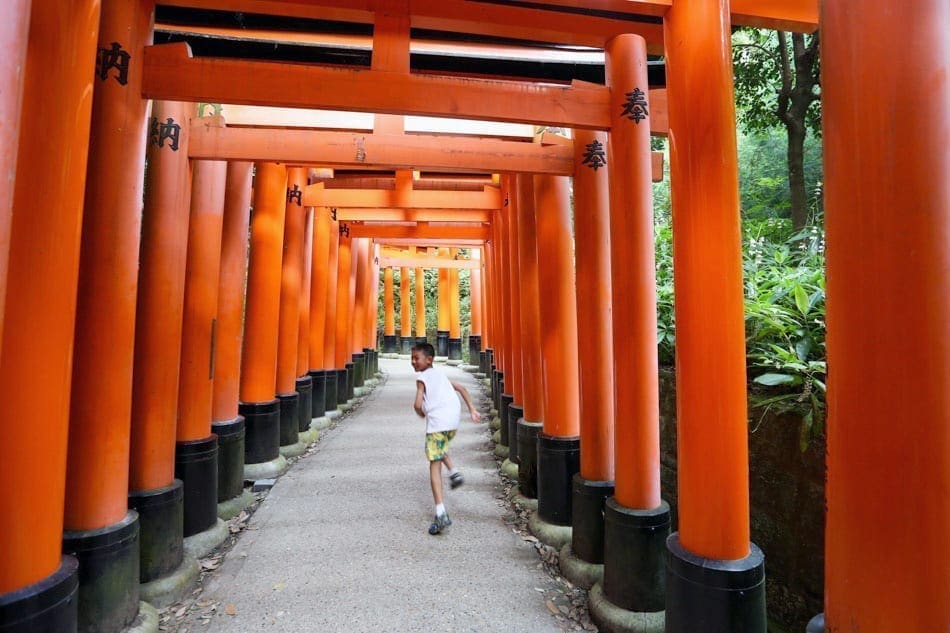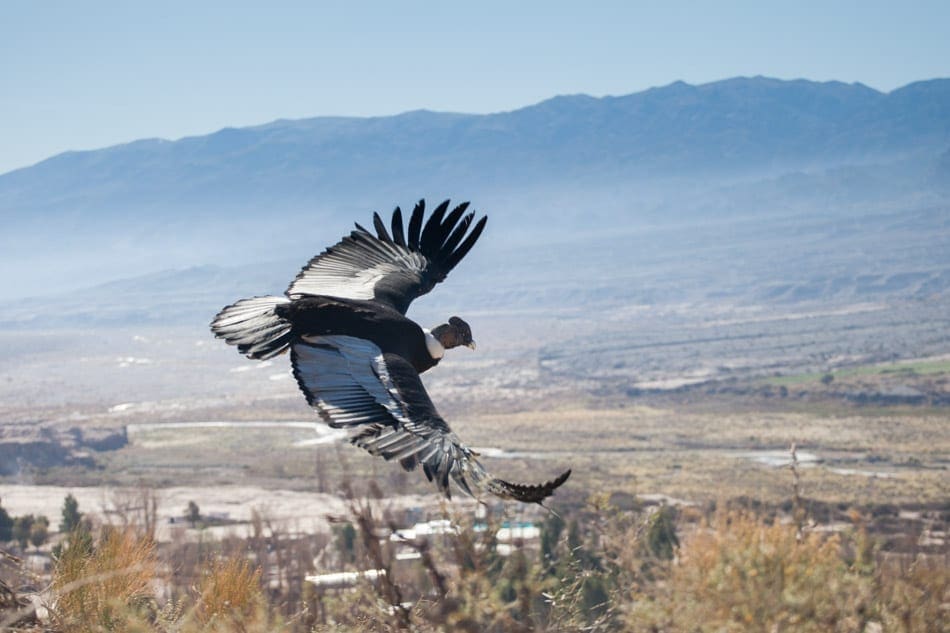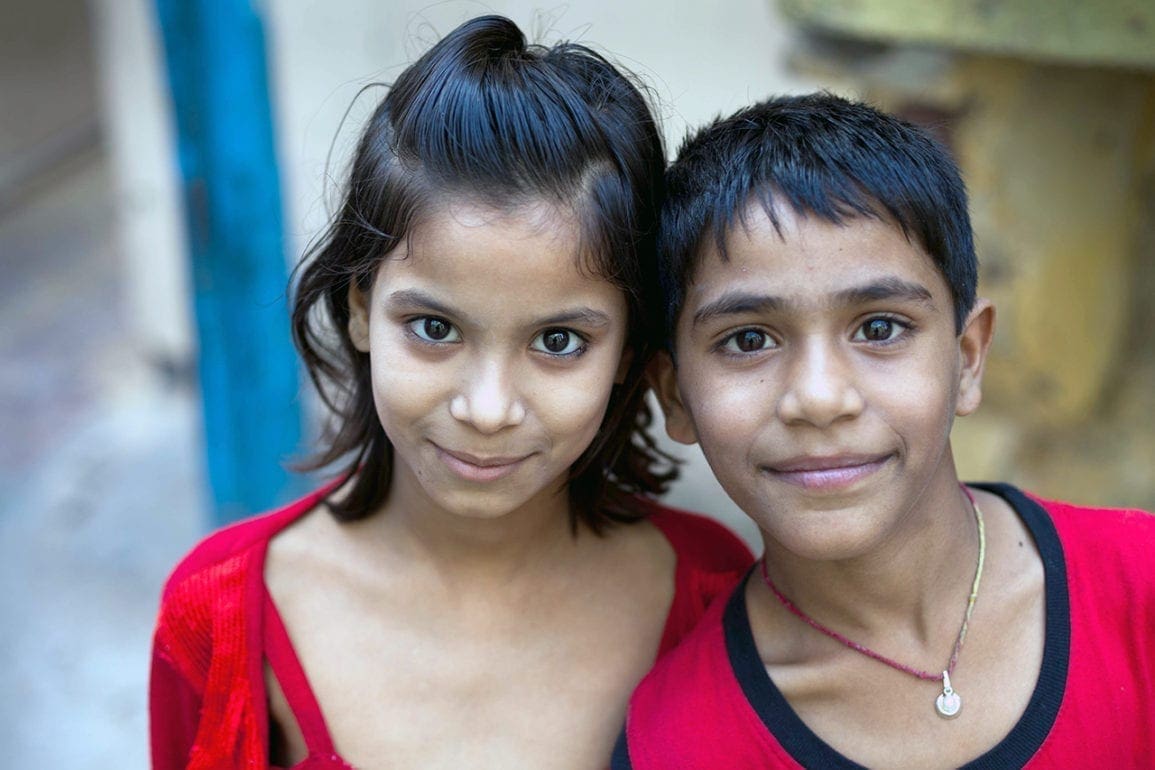Protesters endure police violence in Argentina amid protests against presidential veto of pension increase
Forcefully, the police responded to the demonstrations, employing tactics such as pepper spray, rubber bullets, and batons against the protesters. Their heavy-handed approach followed the demonstrators’ actions, which included tearing down fences and throwing stones at the officers.
- 1 year ago
October 29, 2024
BUENOS AIRES, Argentina — Every Wednesday, demonstrators gather near government offices to protest President Javier Milei’s veto of a proposed pension increase in the face of soaring inflation. Milei’s decision to block the 17,000 pesos ($17 USD) increase stirred widespread public anger, prompting thousands to gather in opposition. Retirees, who struggle to survive on a minimum pension of just 244,000 ($247 USD), demand better support in light of their years of service.
Recently, demonstrators clashed with police outside the Argentine Congress as tensions peaked. Thousands of protesters, mostly pensioners, tore down barriers and surged into the Congress area. In response, police deployed pepper spray and fired rubber bullets to disperse the crowd, intensifying the standoff in Buenos Aires.
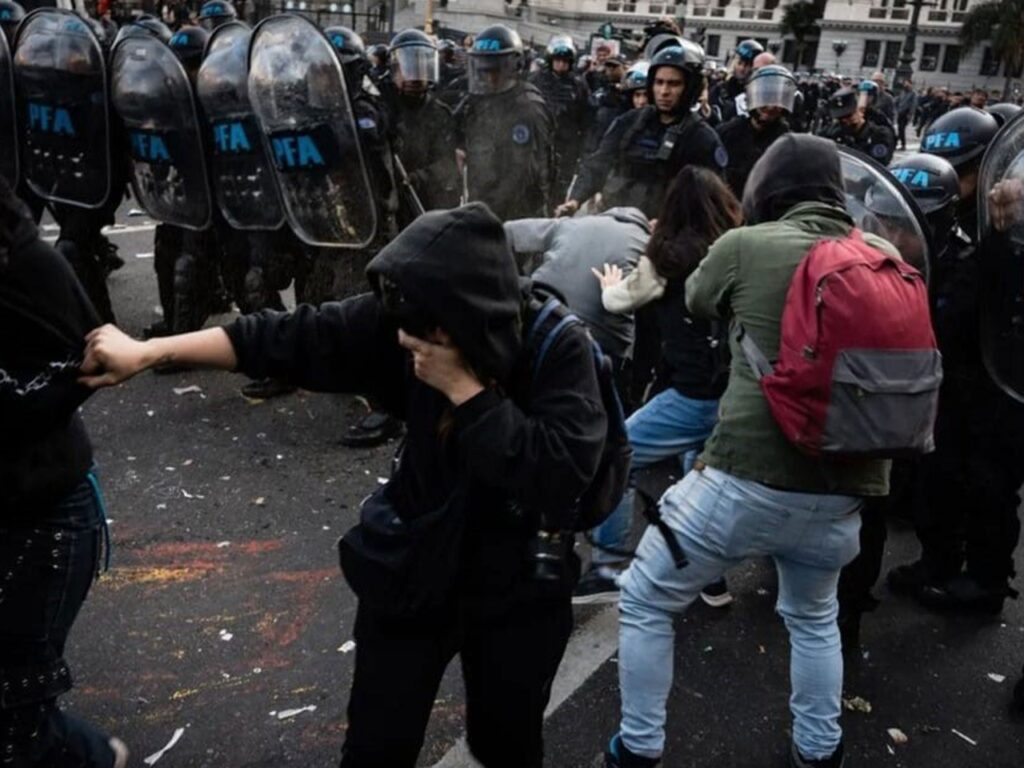
The Chamber of deputies voted 153 in favor and 87 against the pension increase. However, it fell short of the two-thirds majority needed for passage. This decision followed Milei’s earlier veto of the bill, as he expressed concerns it would threaten the country’s fiscal balance plan. As news of the vote spread, hundreds of protesters in central Buenos Aires took to the streets demanding better living conditions.
Police clash with protesters, using force against elderly and children
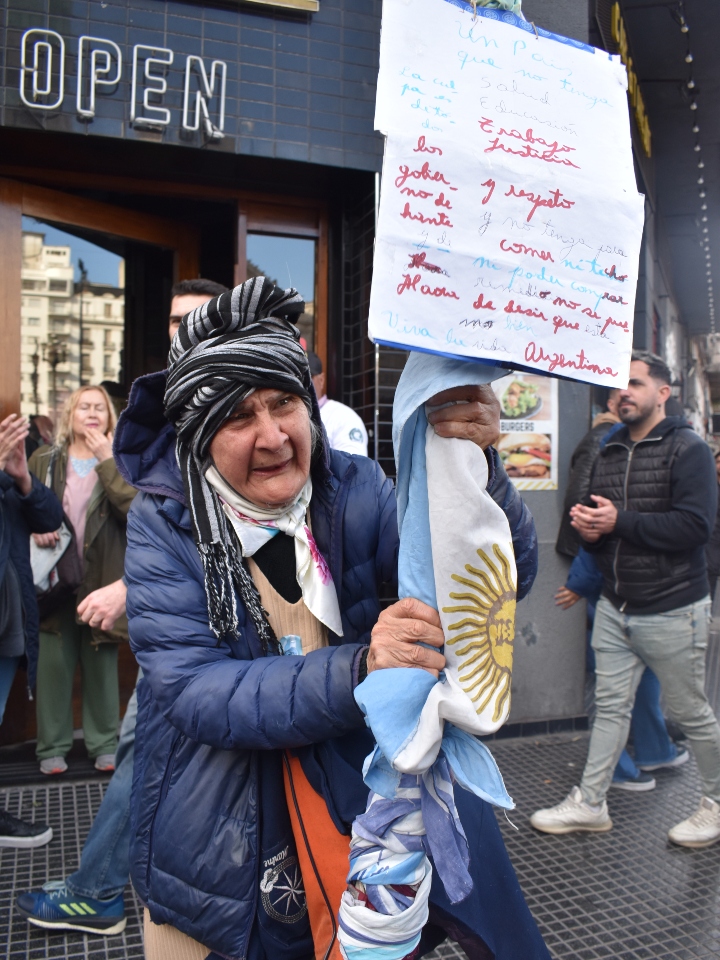
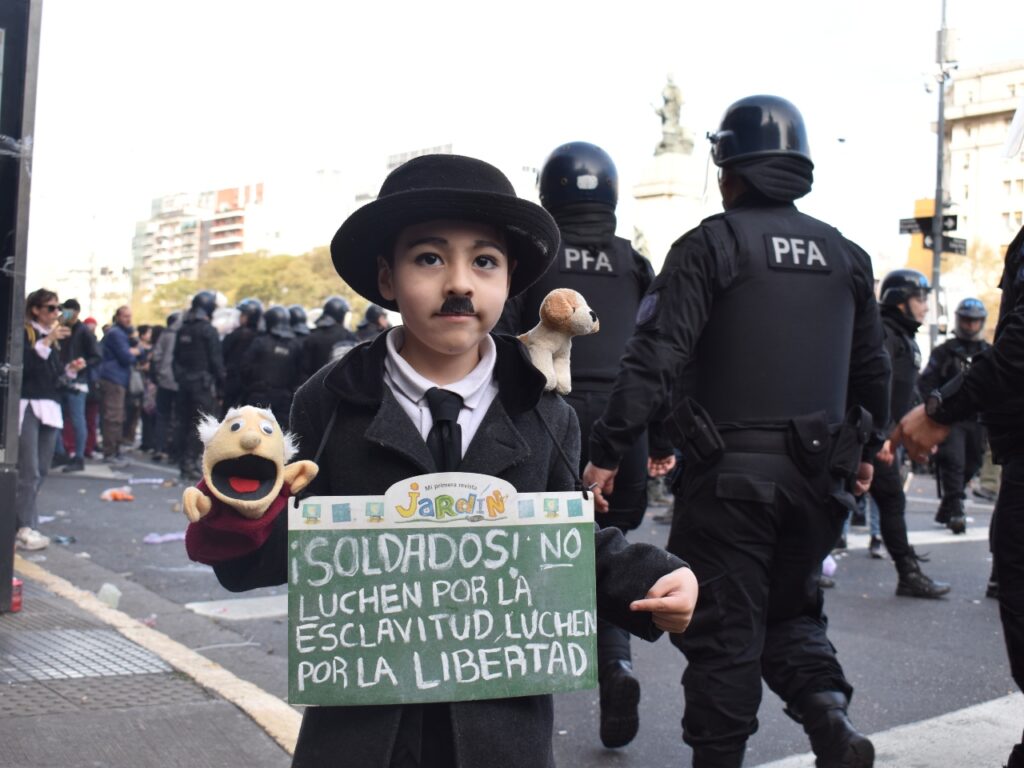
Demonstrators outside the Argentine Congress include diverse participants, including men, women retirees, pensioners, and children. They raise their voices and hold banners and signs demanding better living conditions and fair pensions. The presence of children at these rallies emphasizes the intergenerational impact of the pension crisis, as families come together to support their elderly relatives. Many retirees, who have dedicated decades to their work, unite in their struggle to secure a dignified retirement.
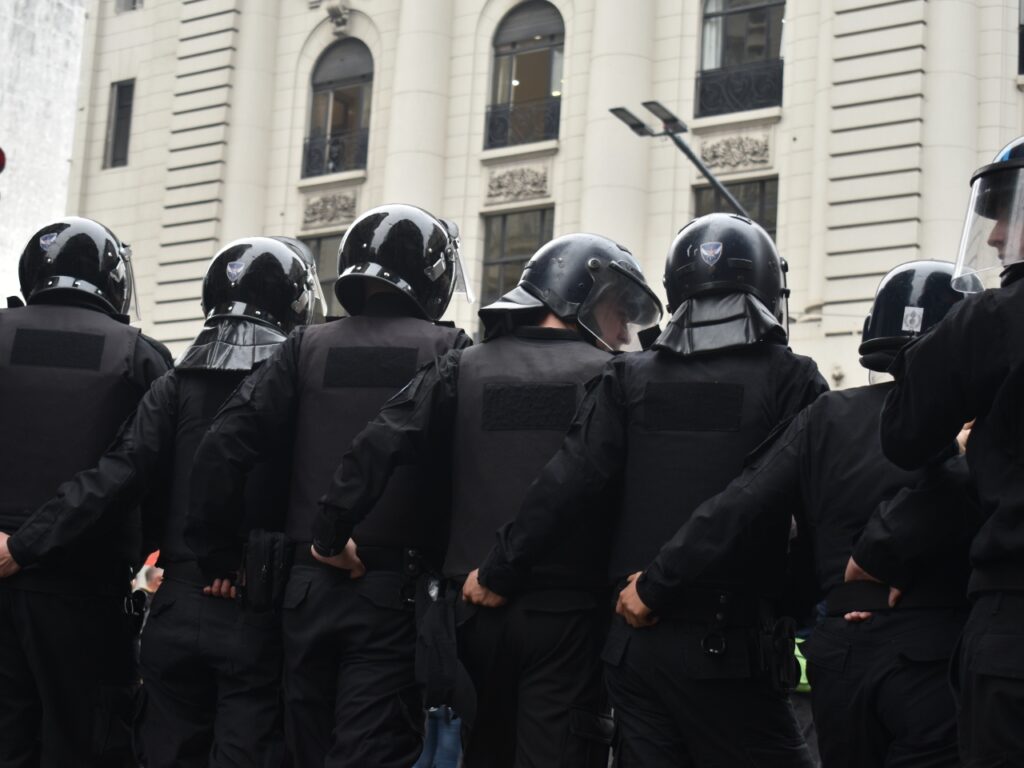
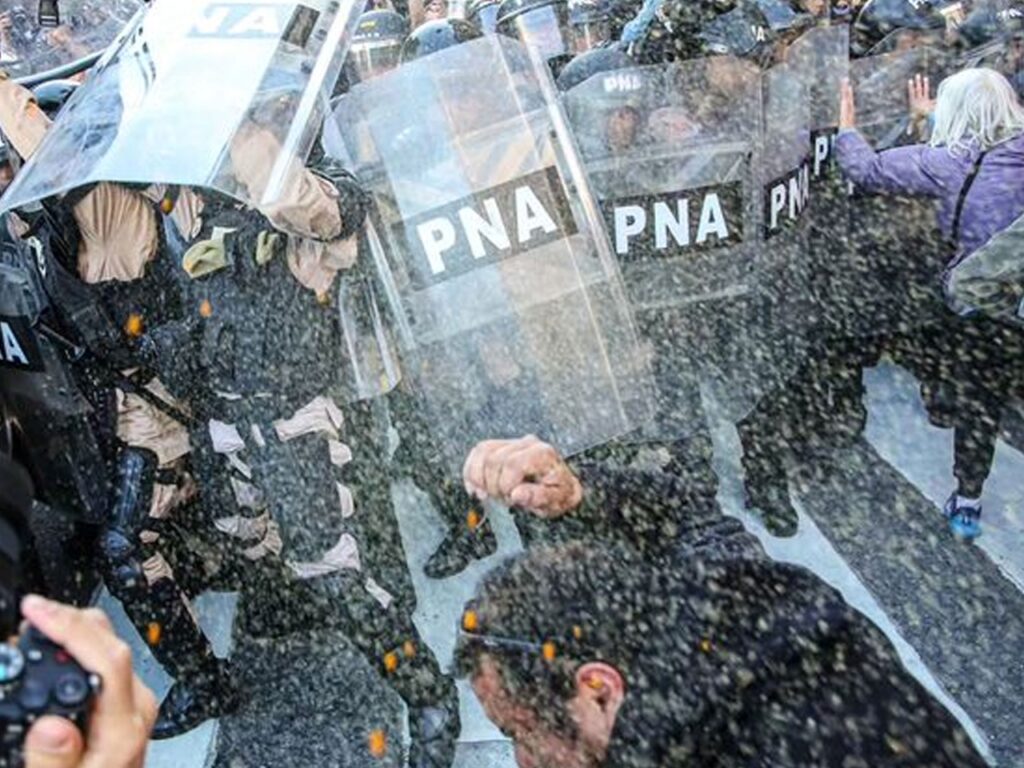
Forcefully, the police responded to the demonstrations, employing tactics such as pepper spray, rubber bullets, and batons against the protesters. Their heavy-handed approach followed the demonstrators’ actions, which included tearing down fences and throwing stones at the officers. Many critics condemned these measures as excessive, particularly considering the age and vulnerability of many protesters involved.
Photographer Ludmila Nanniz experiences police pepper spray amid violent clashes
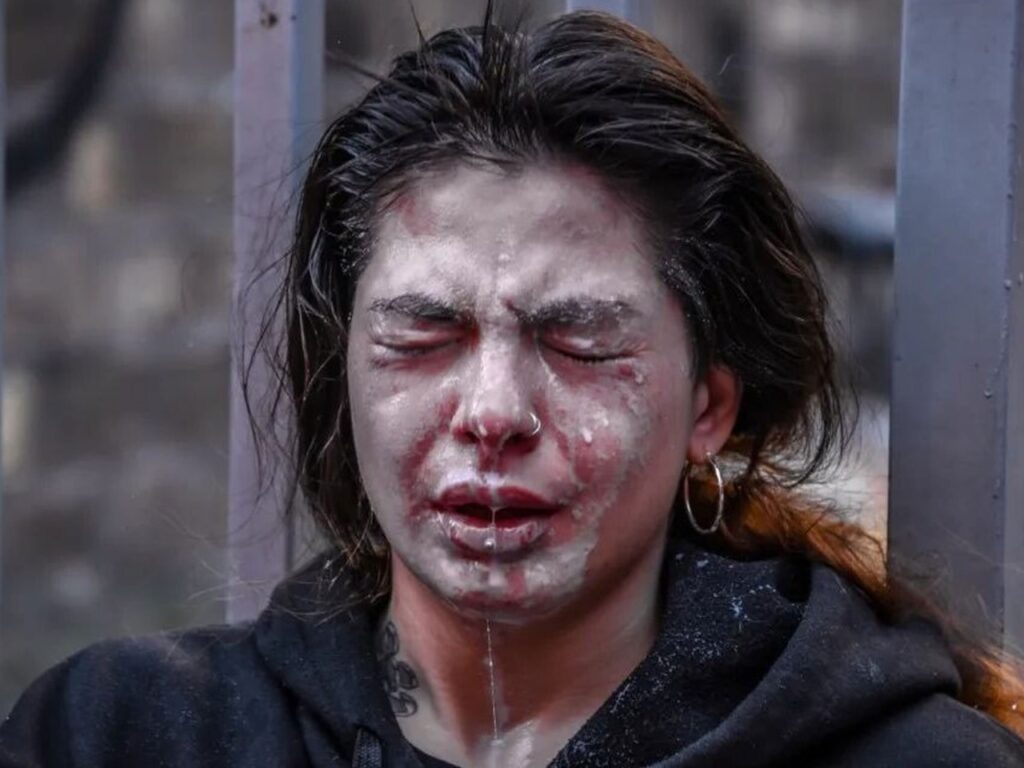
On September 11, 2024, photographer, Ludmila Nanniz, arrived at the Congress area around 1:30 p.m. There, she noticed the Argentine Federal Police, Naval Prefecture, Gendarmerie, and City Police already positioned. As the clash erupted between demonstrators and police, officers unleashed pepper spray, catching her in the chaos. As a result, Ludmila Nanniz felt the burning sting and applied calcareous oil to soothe her irritated skin.
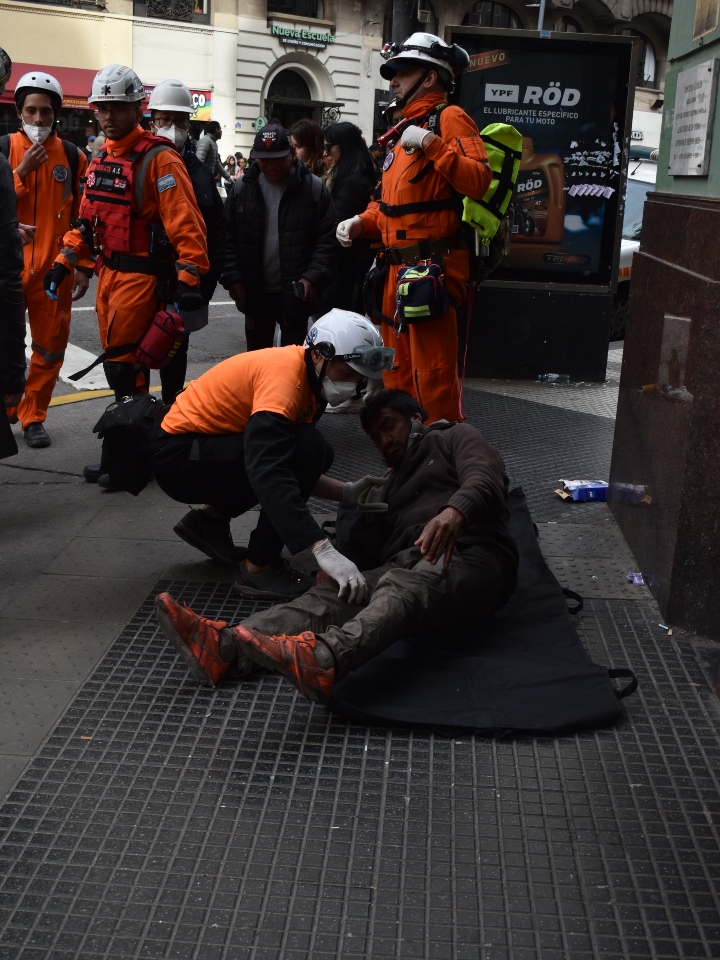
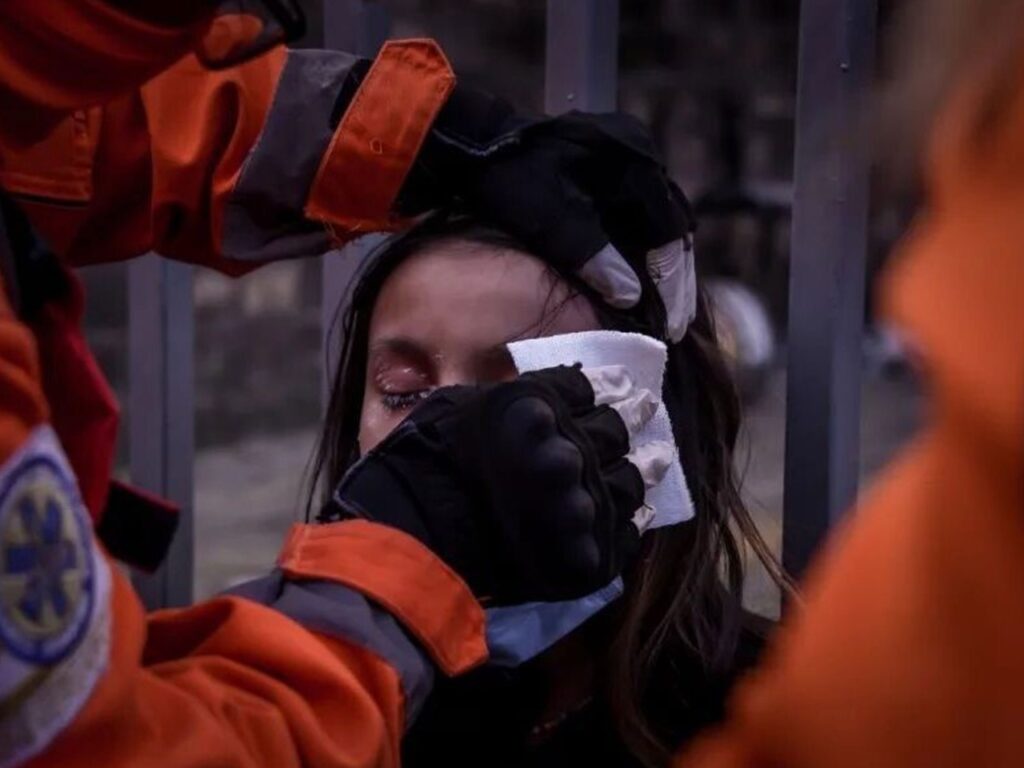
During the protests, demonstrators experienced significant distress due to the police’s use of pepper spray, which affected many participants. As the spray filled the air, protesters coughed, gagged, and became disoriented, making it challenging for them to continue their demonstration. Upon deployment, it can cause temporary blindness, breathing difficulties, and a severe burning sensation, with effects lasting from 15 minutes to over an hour.
All photos courtesy of Ludmila Nanniz.

